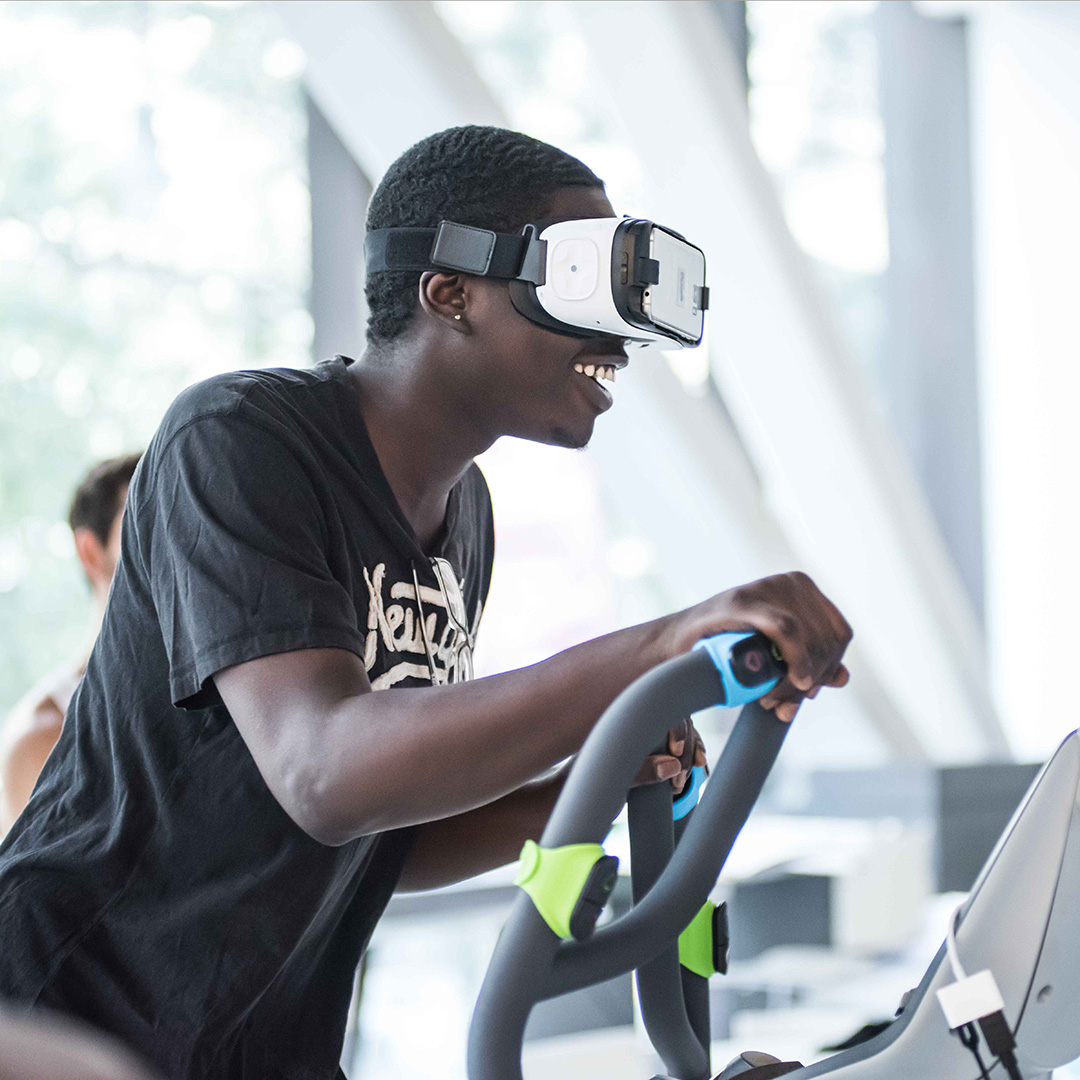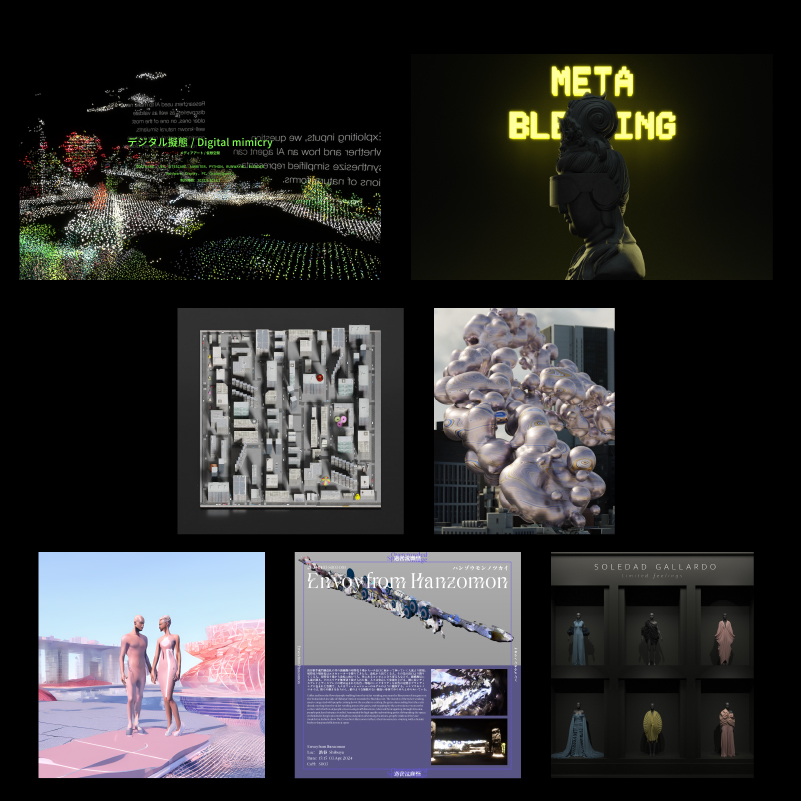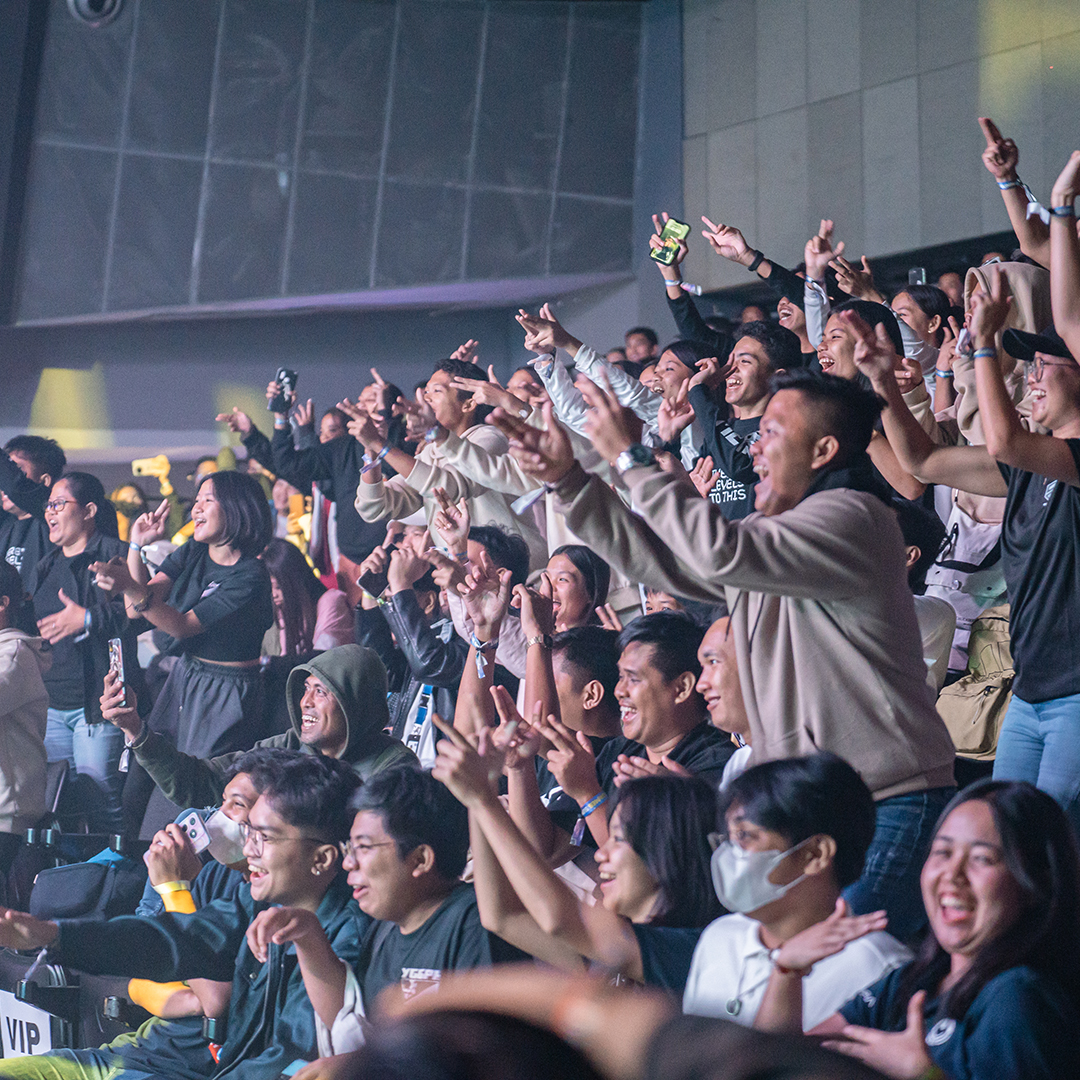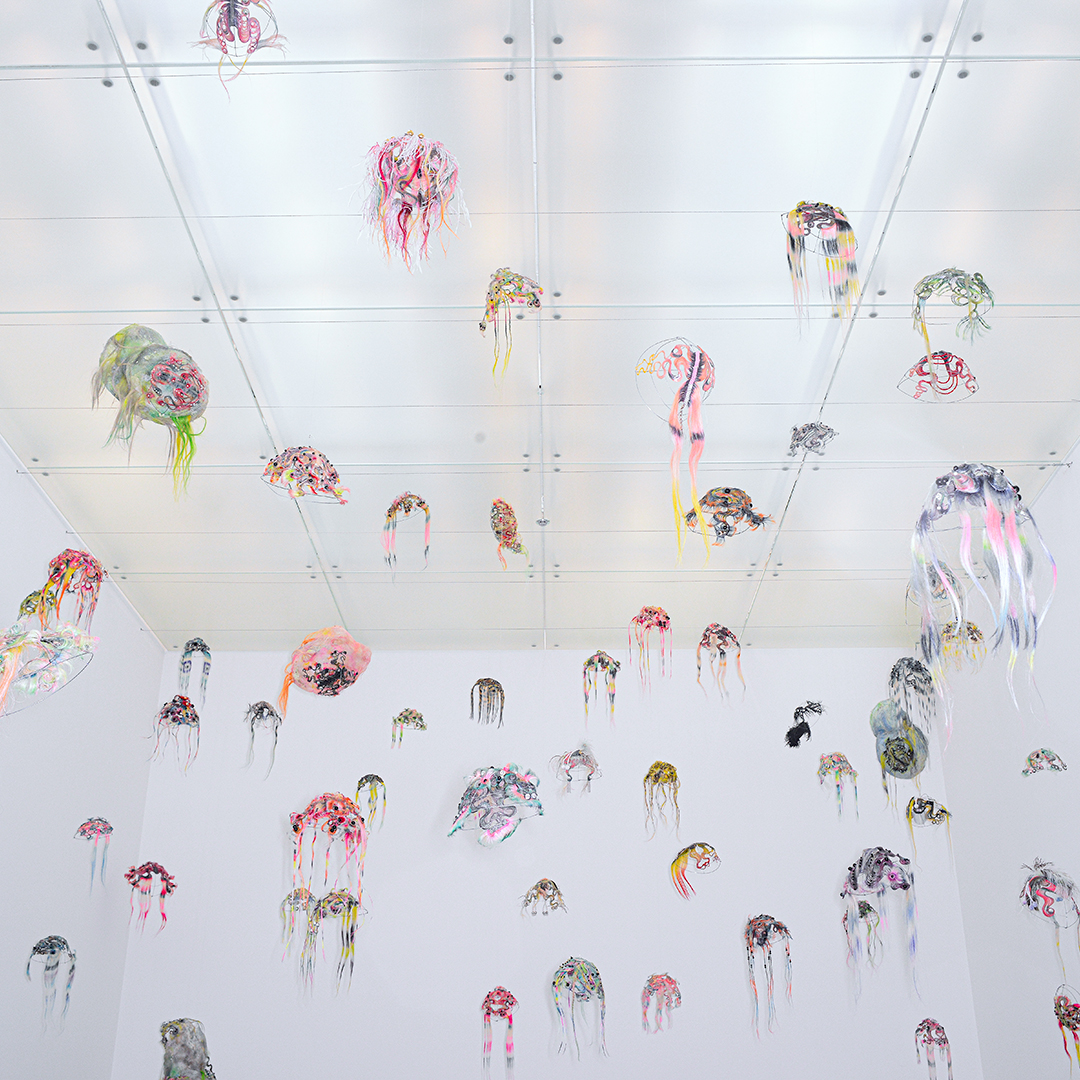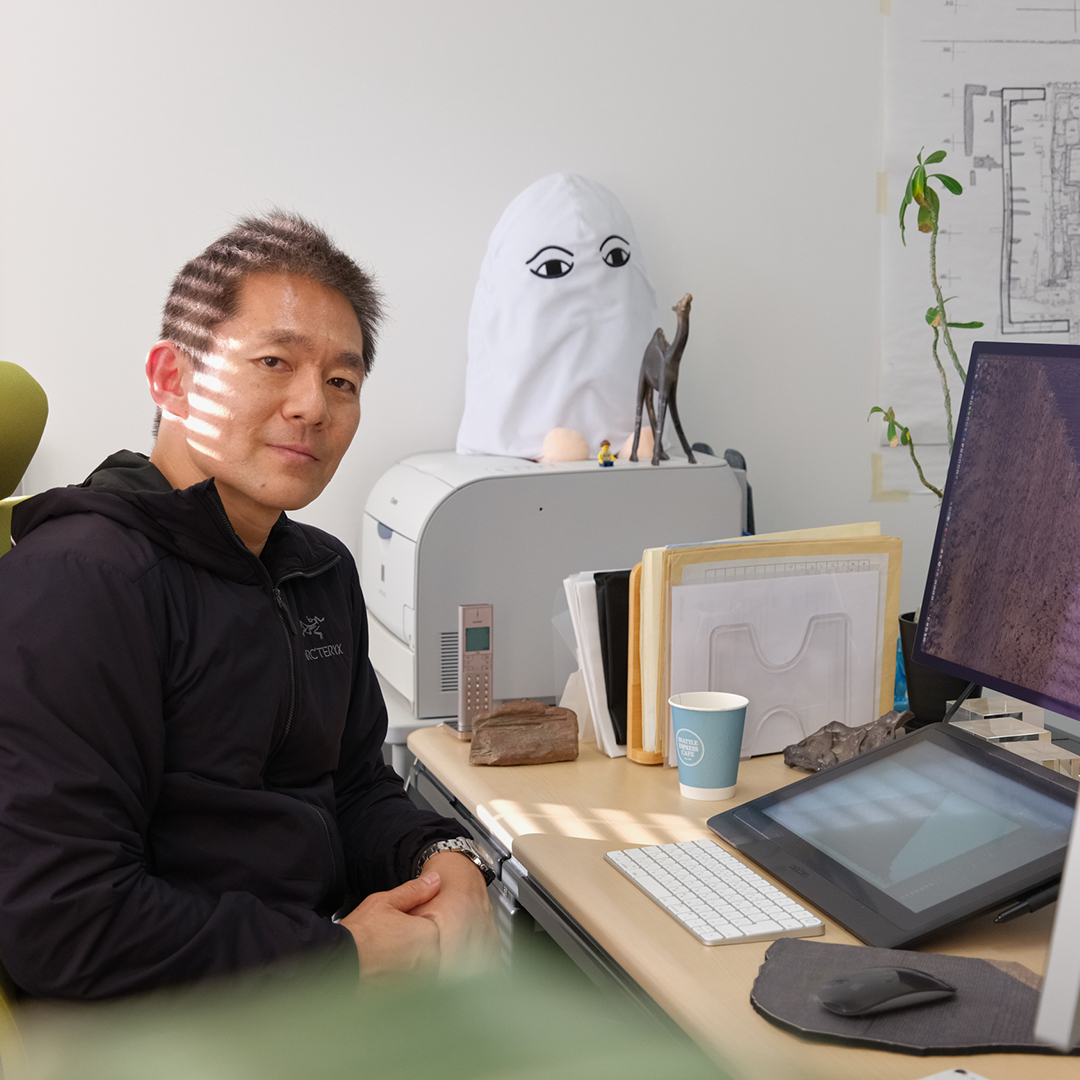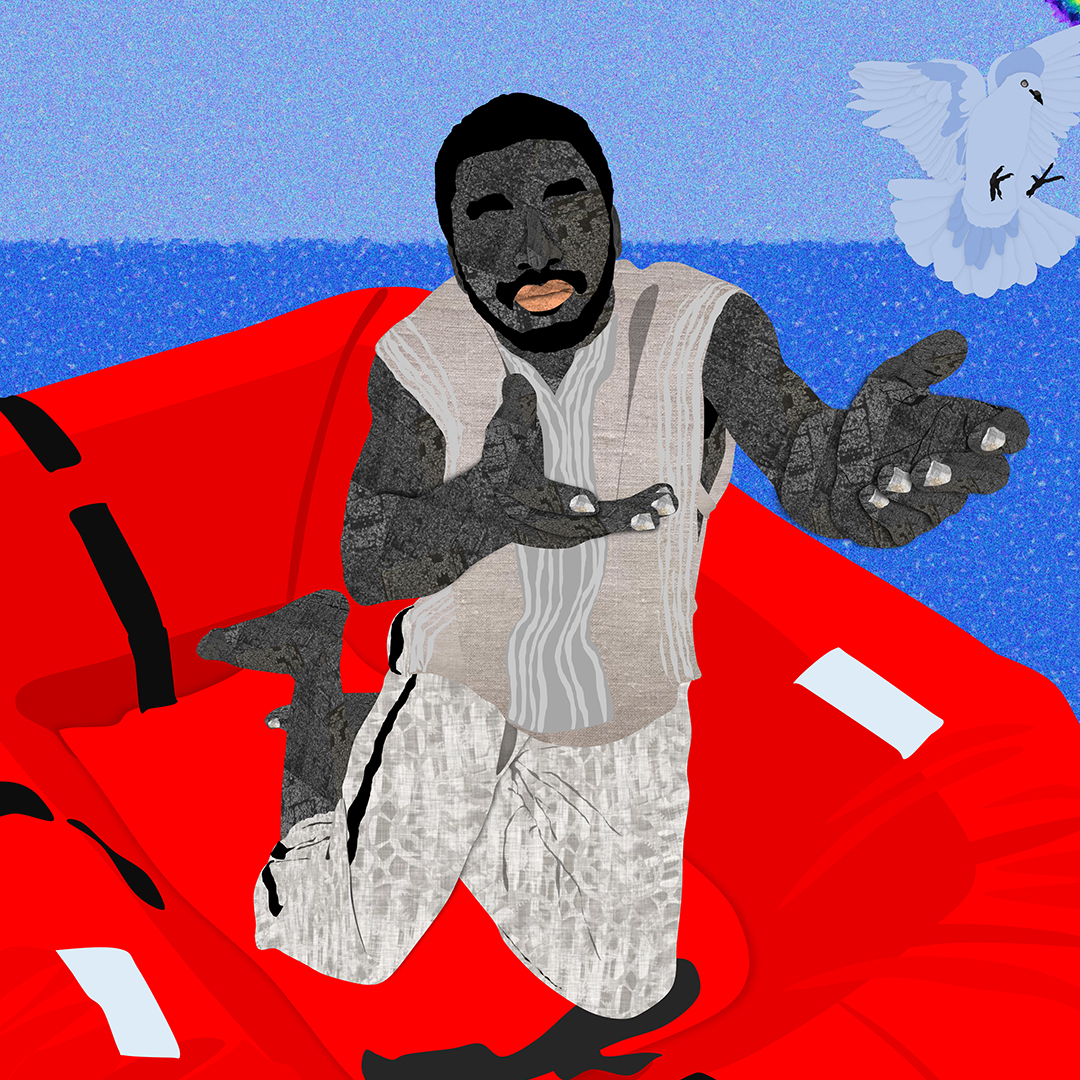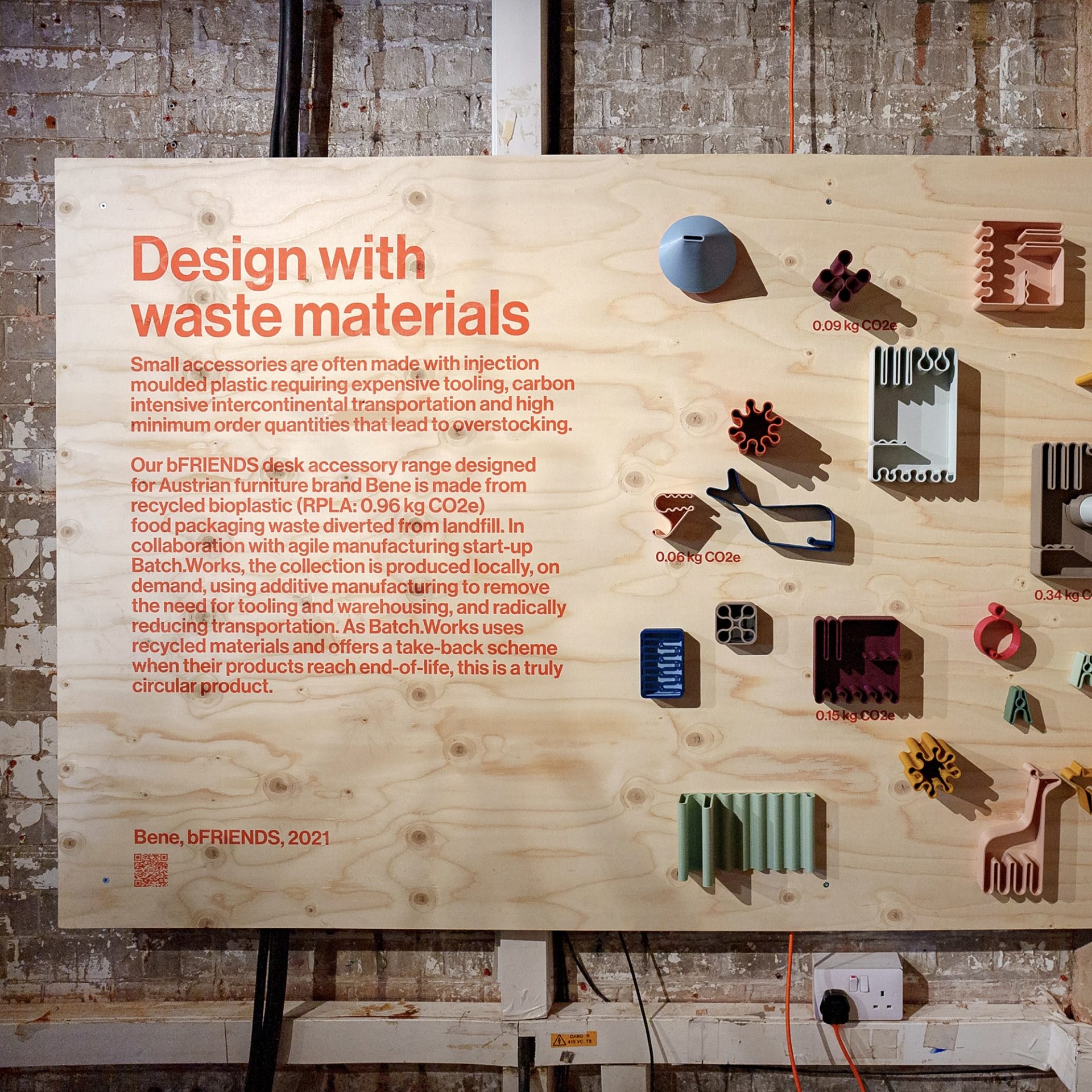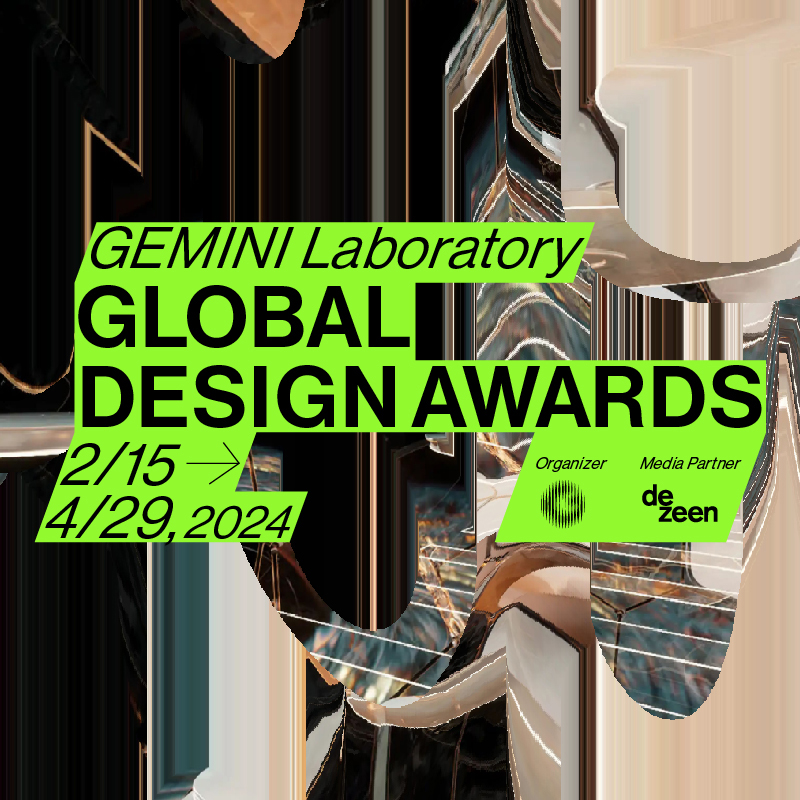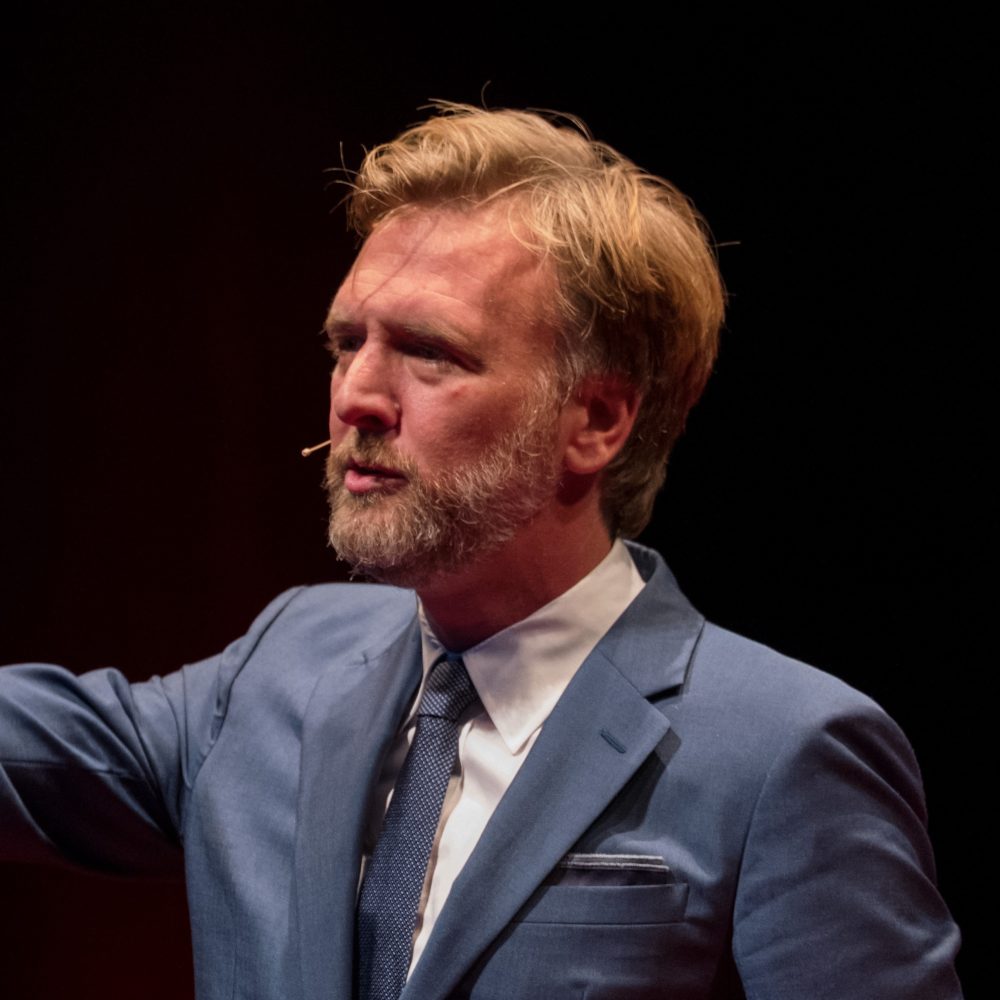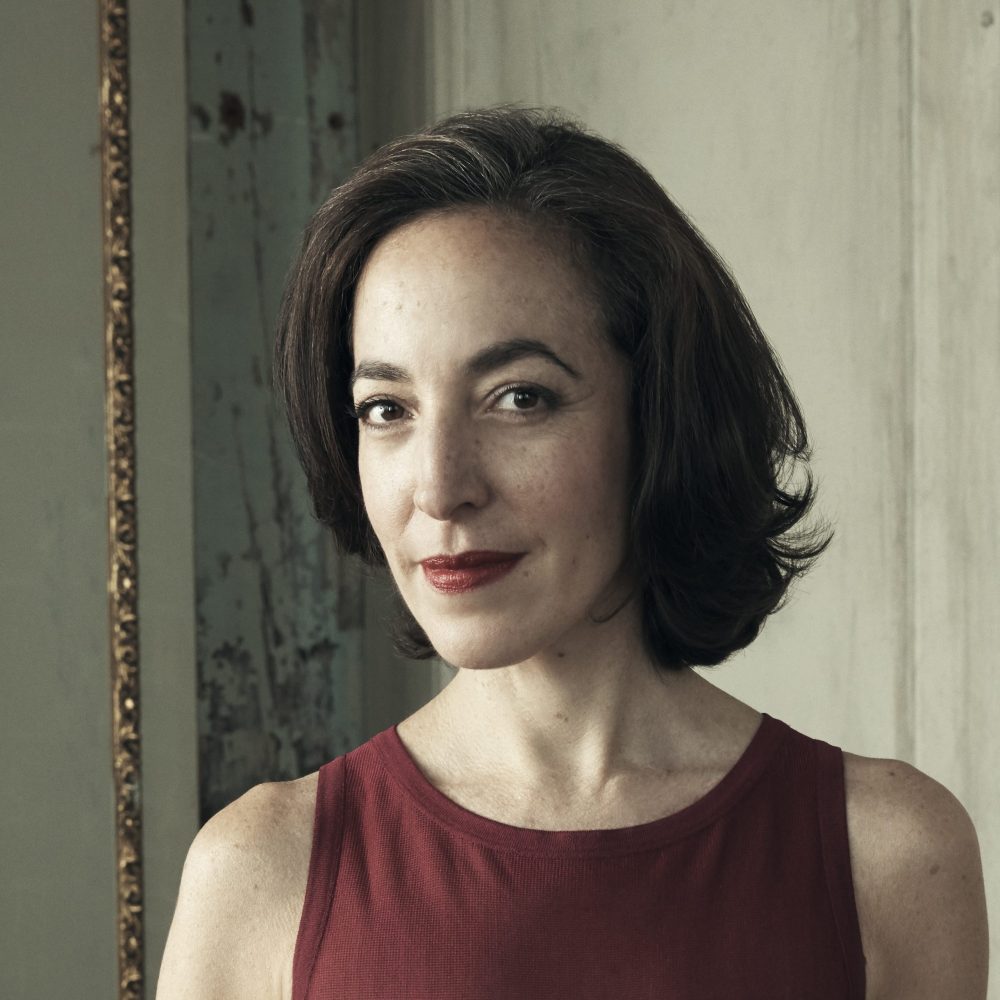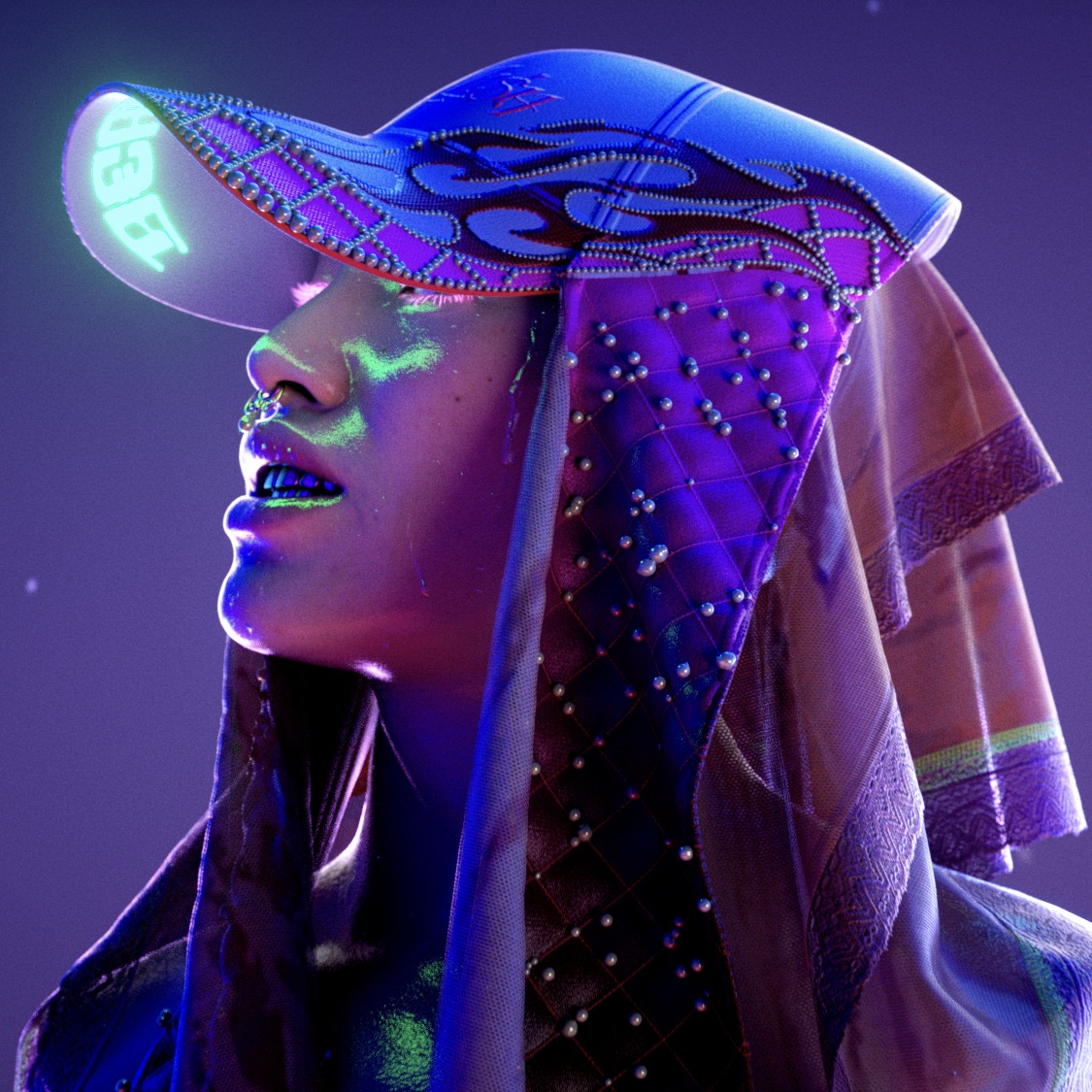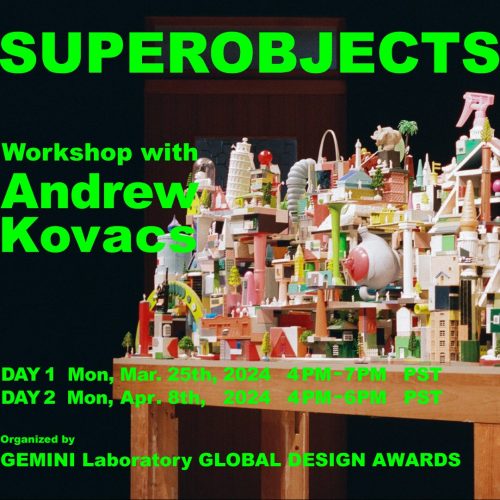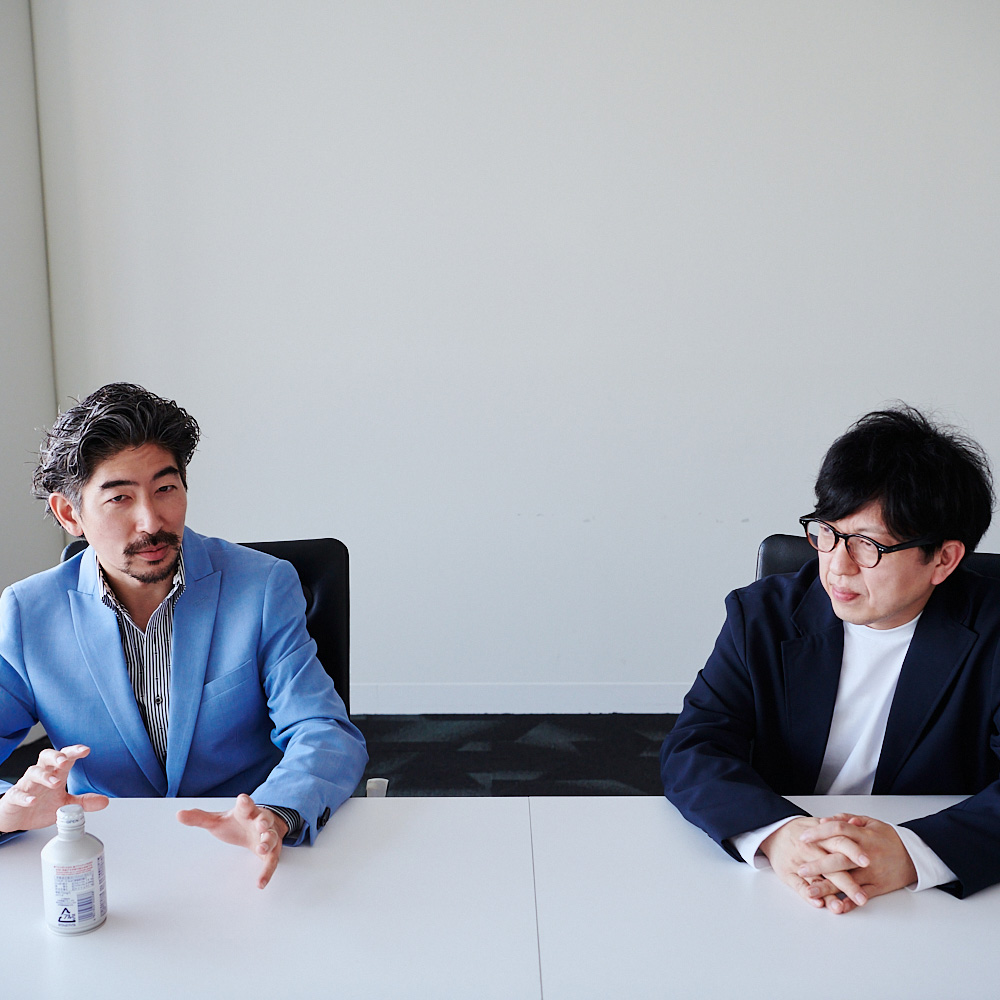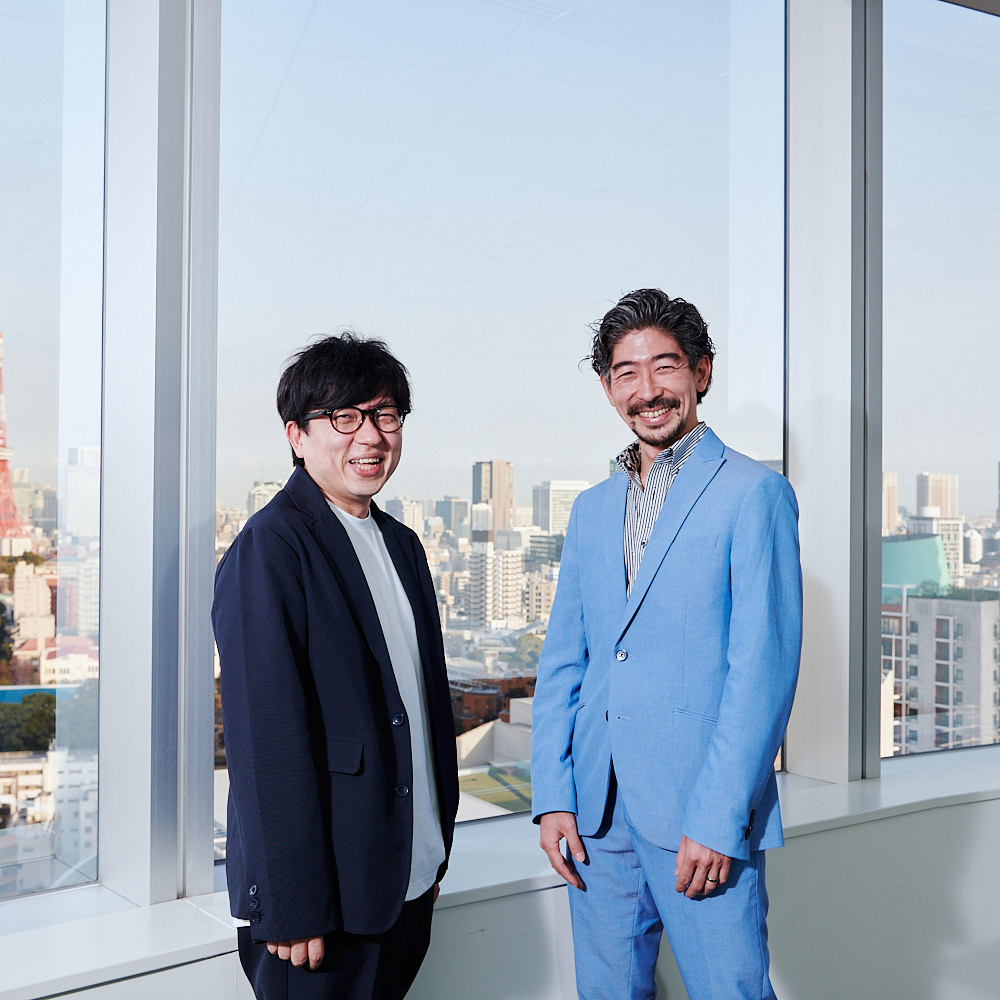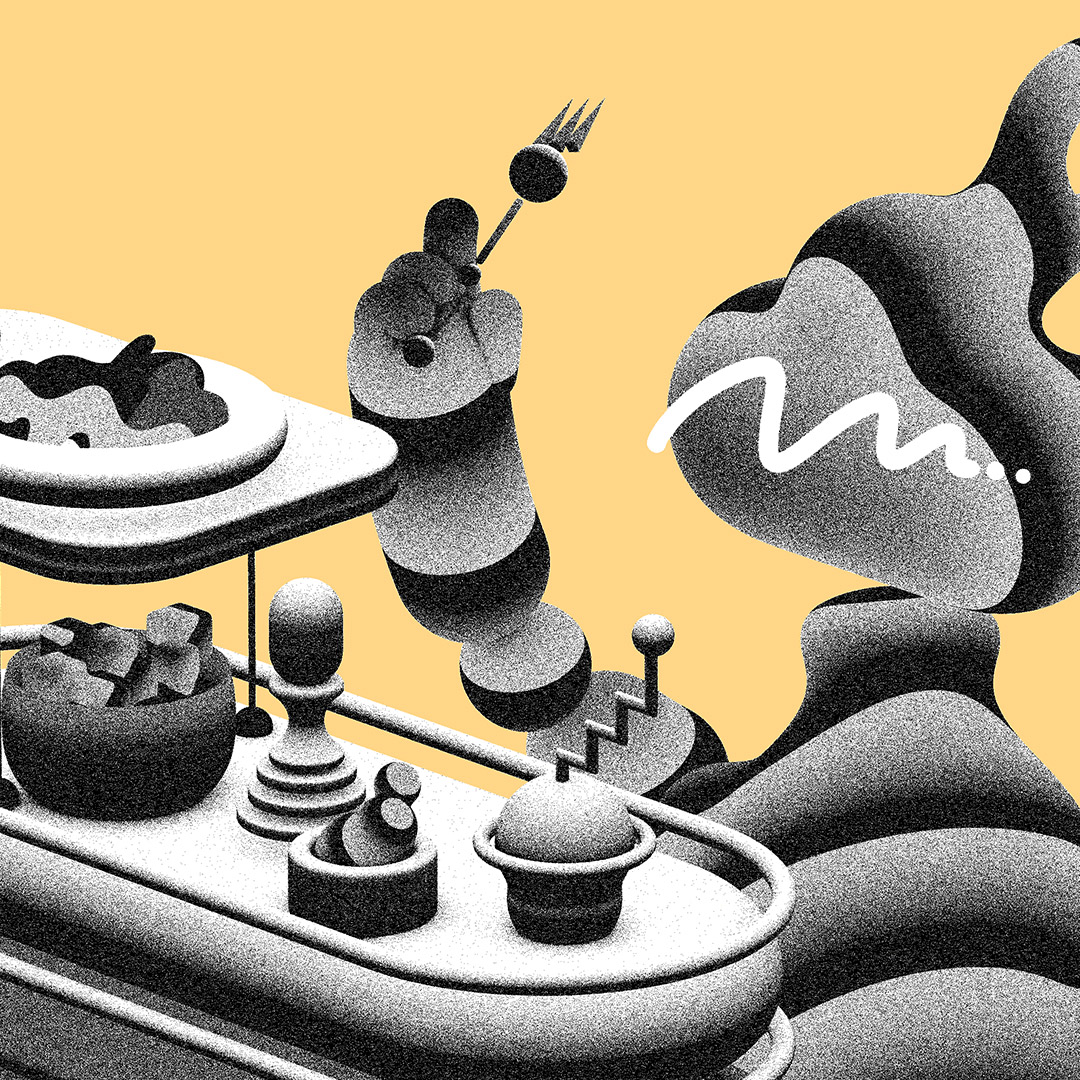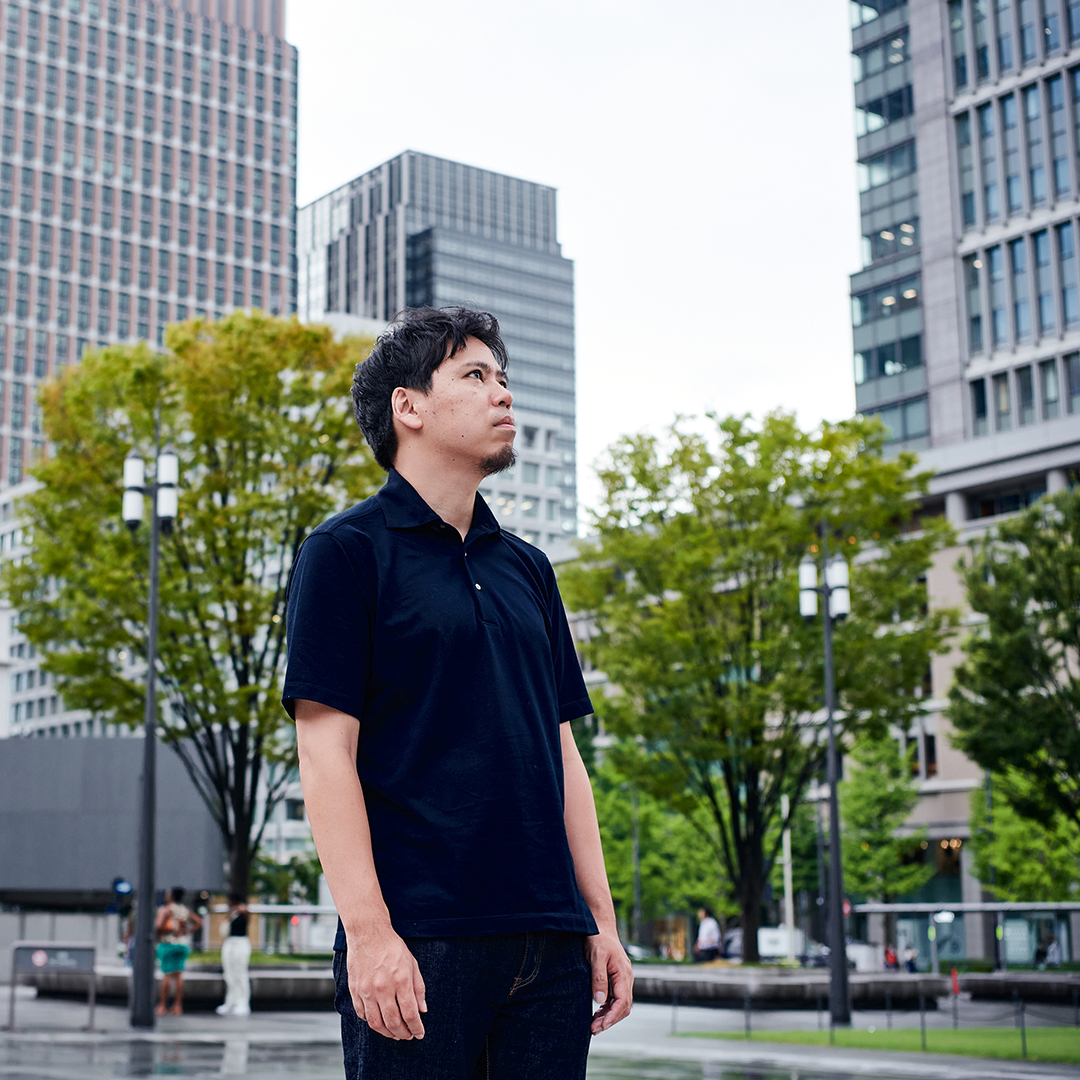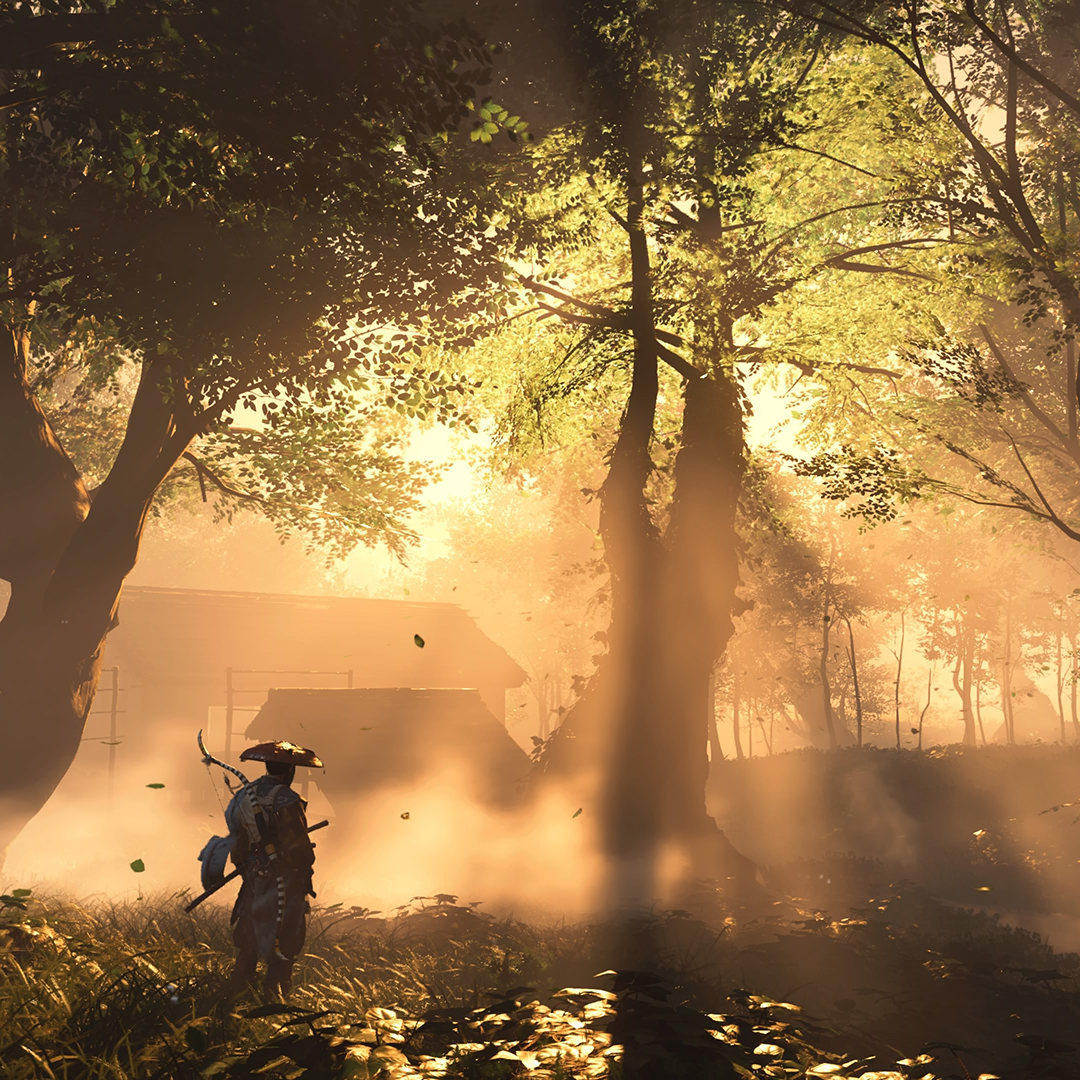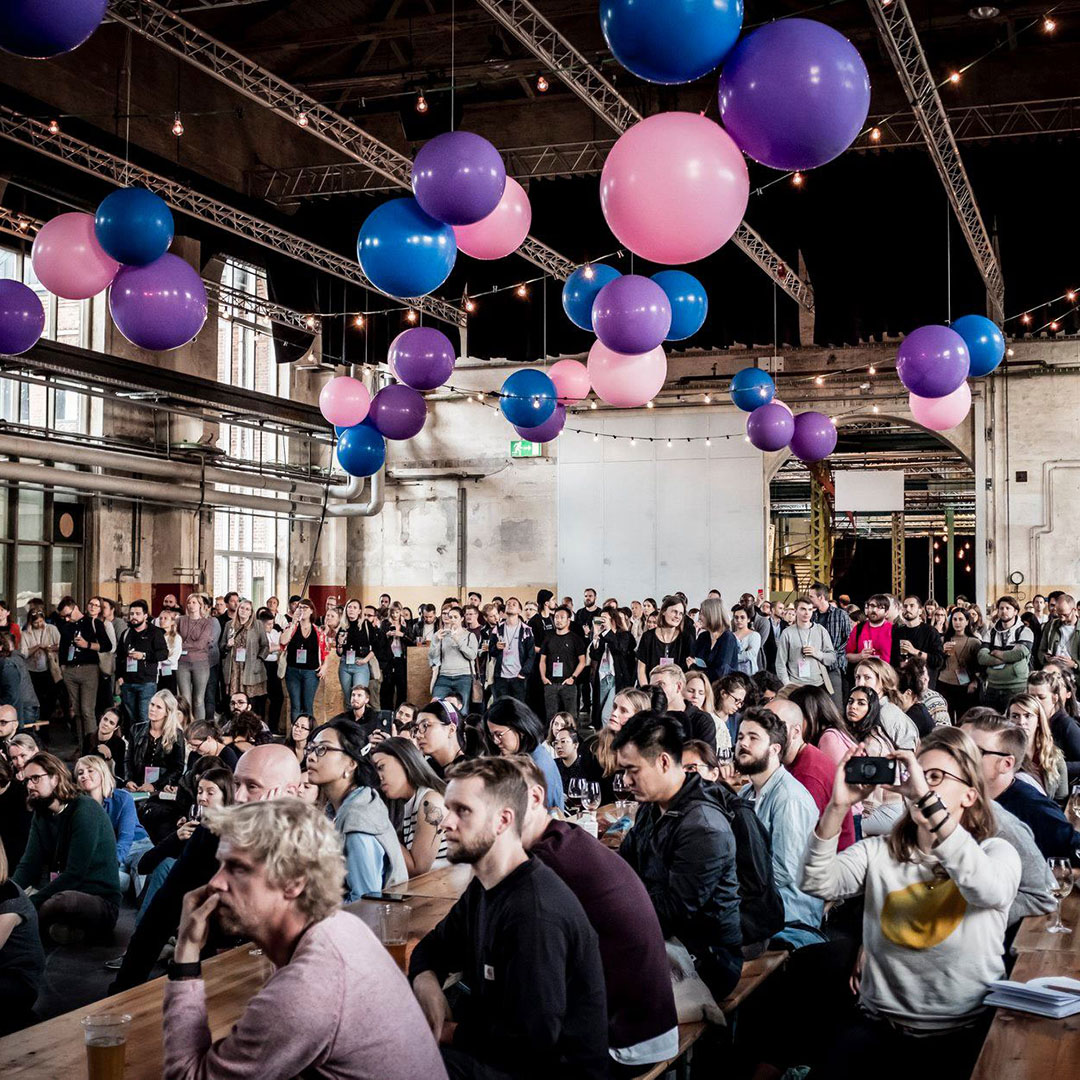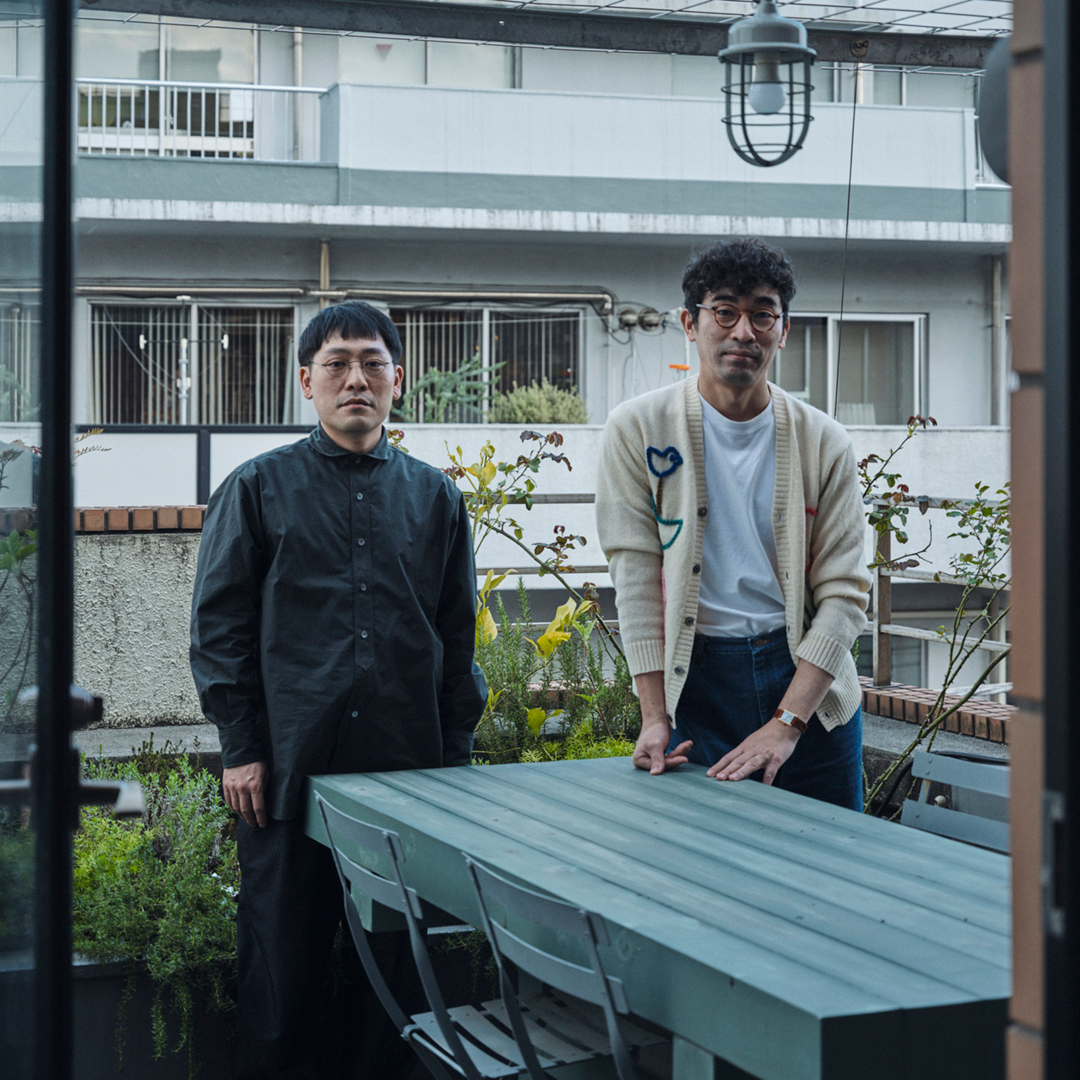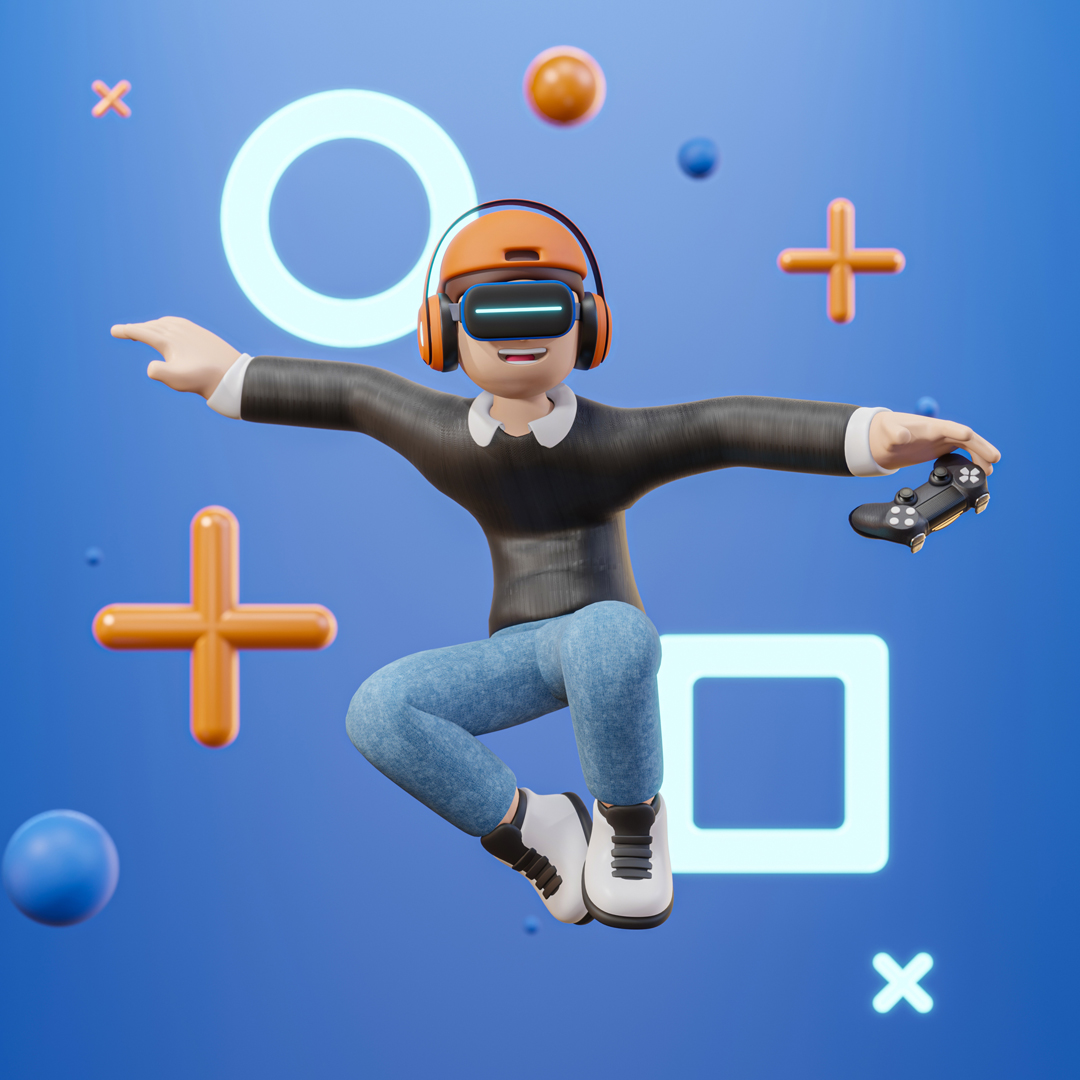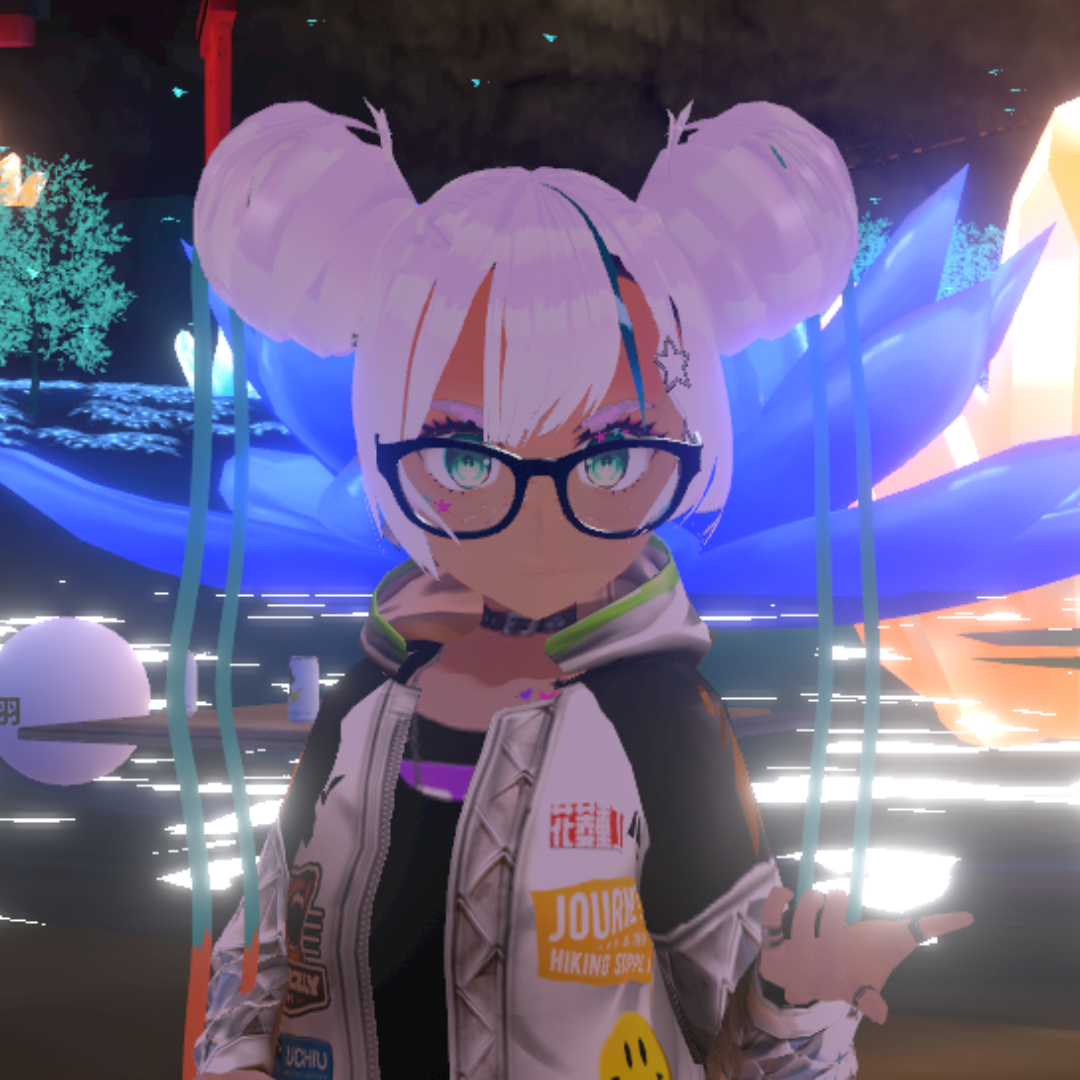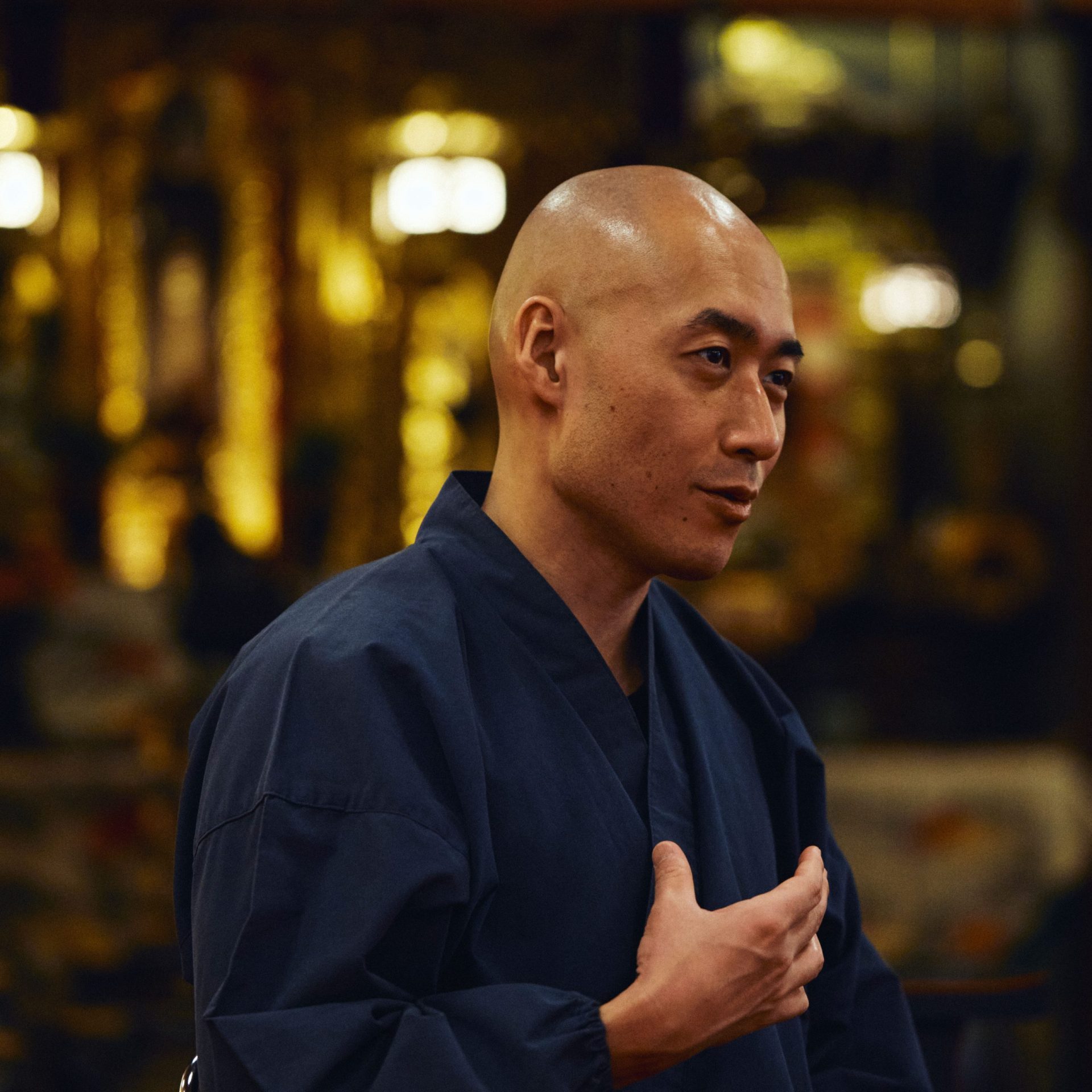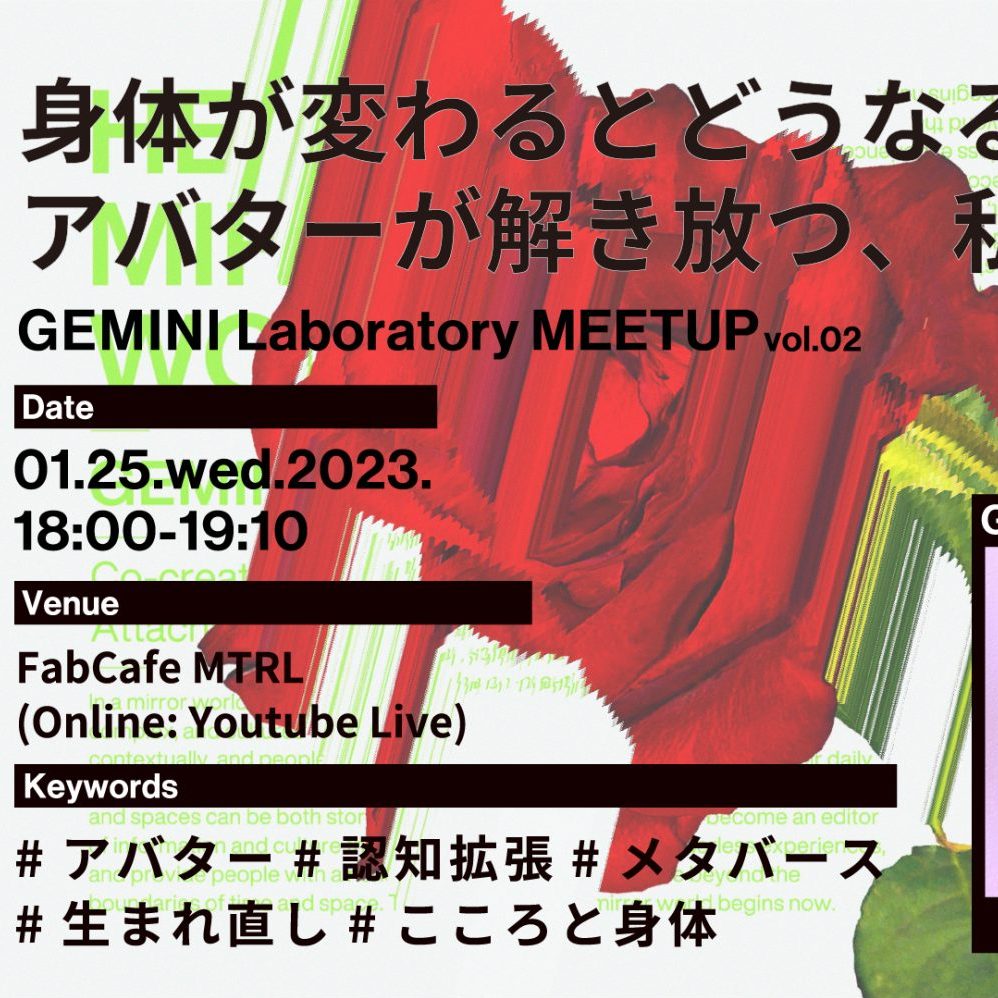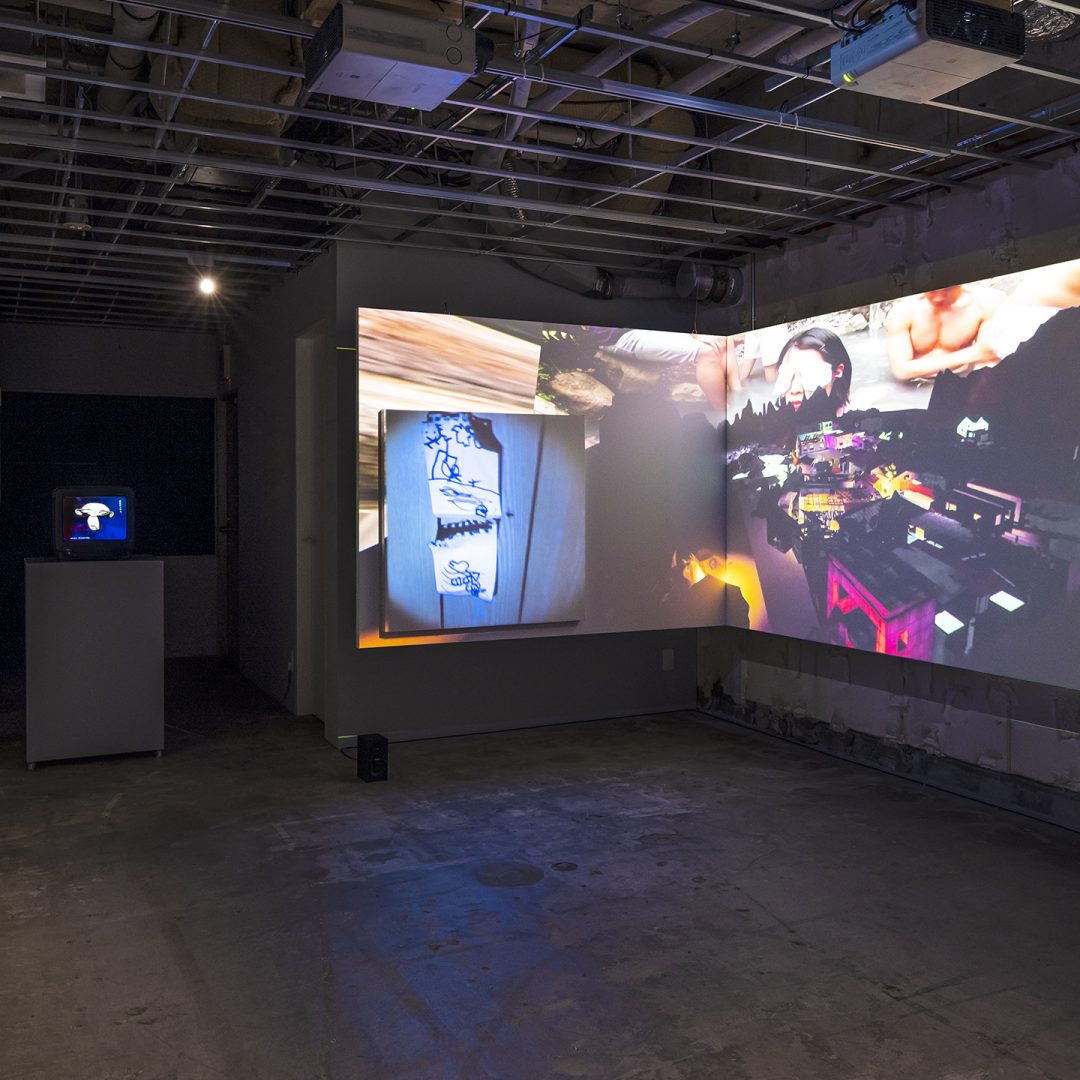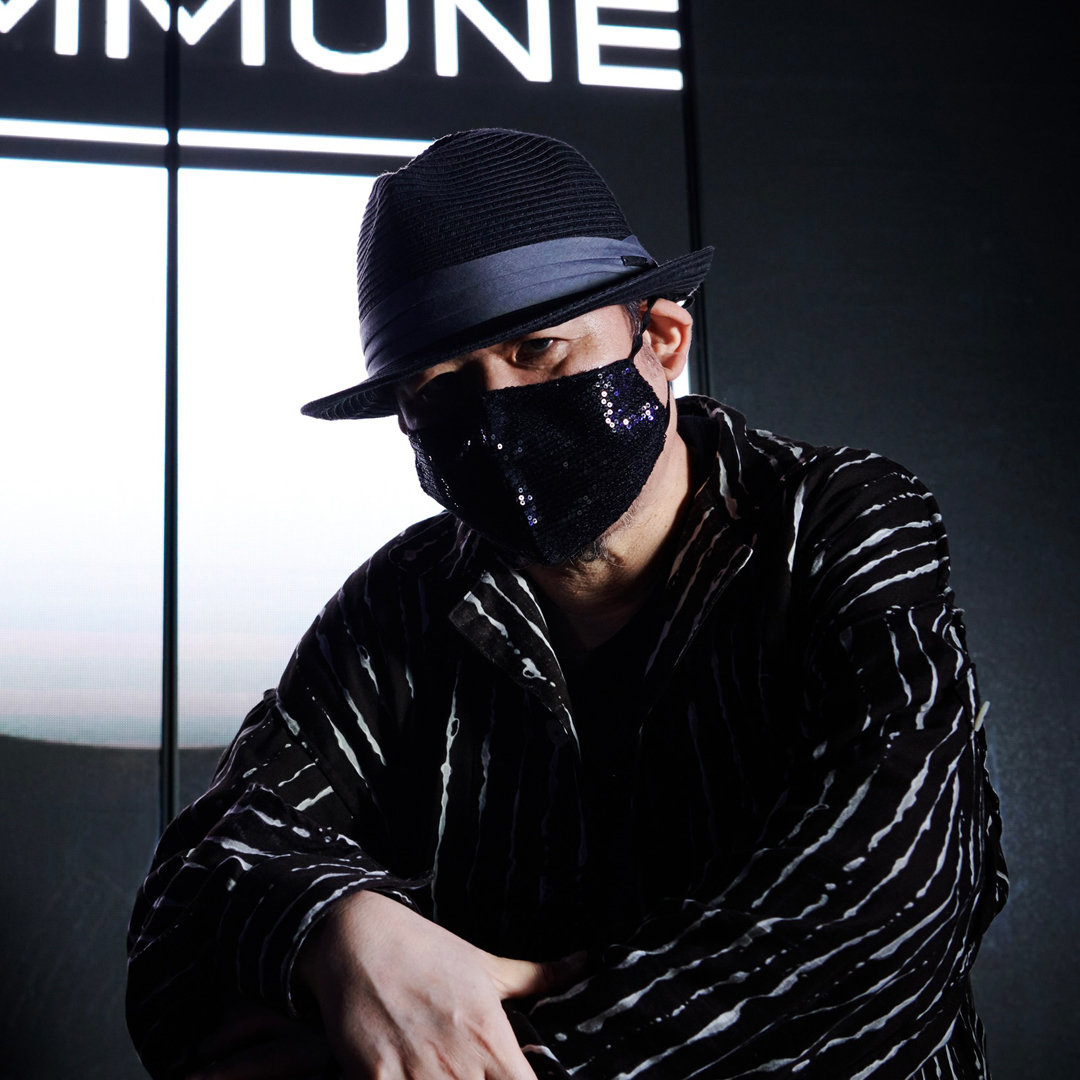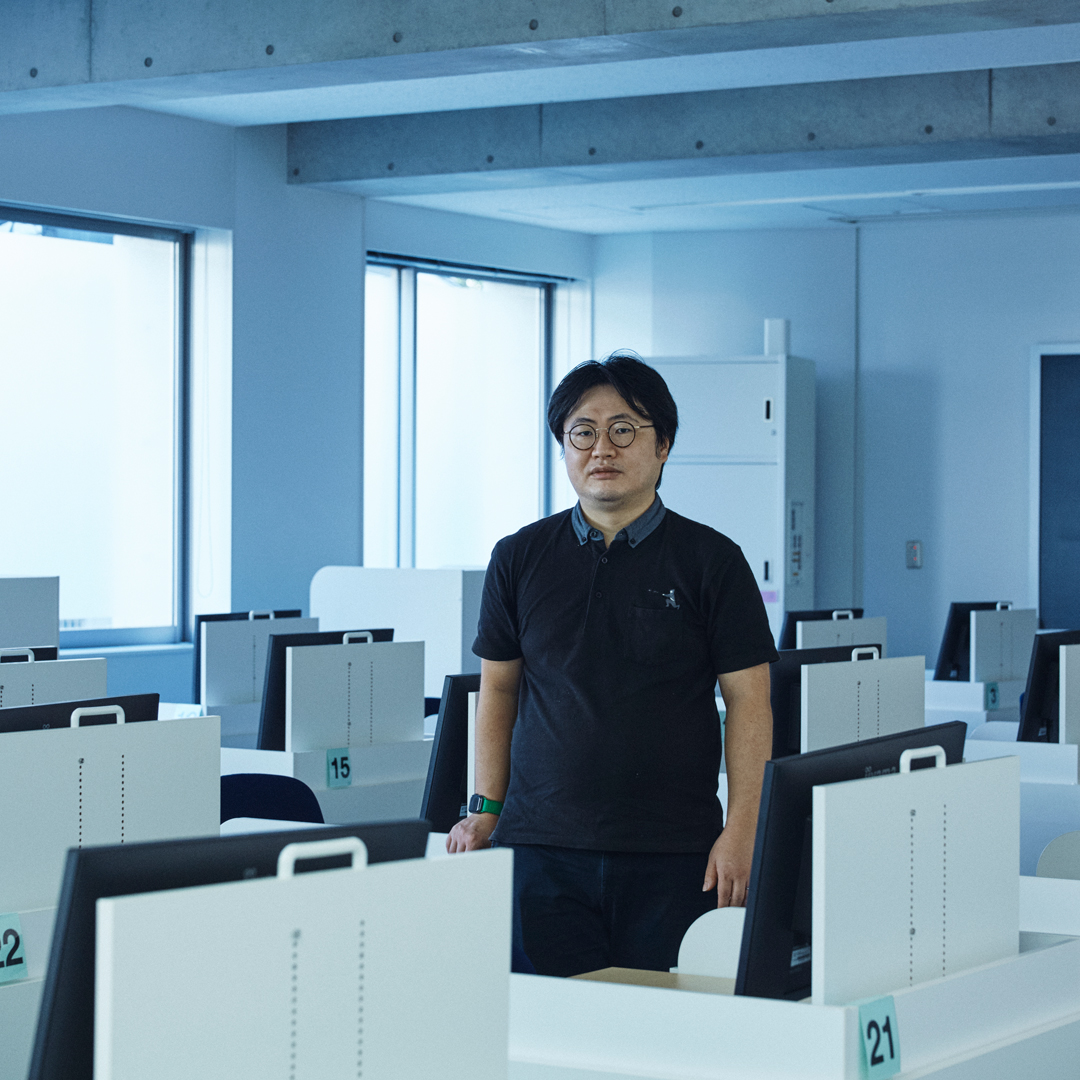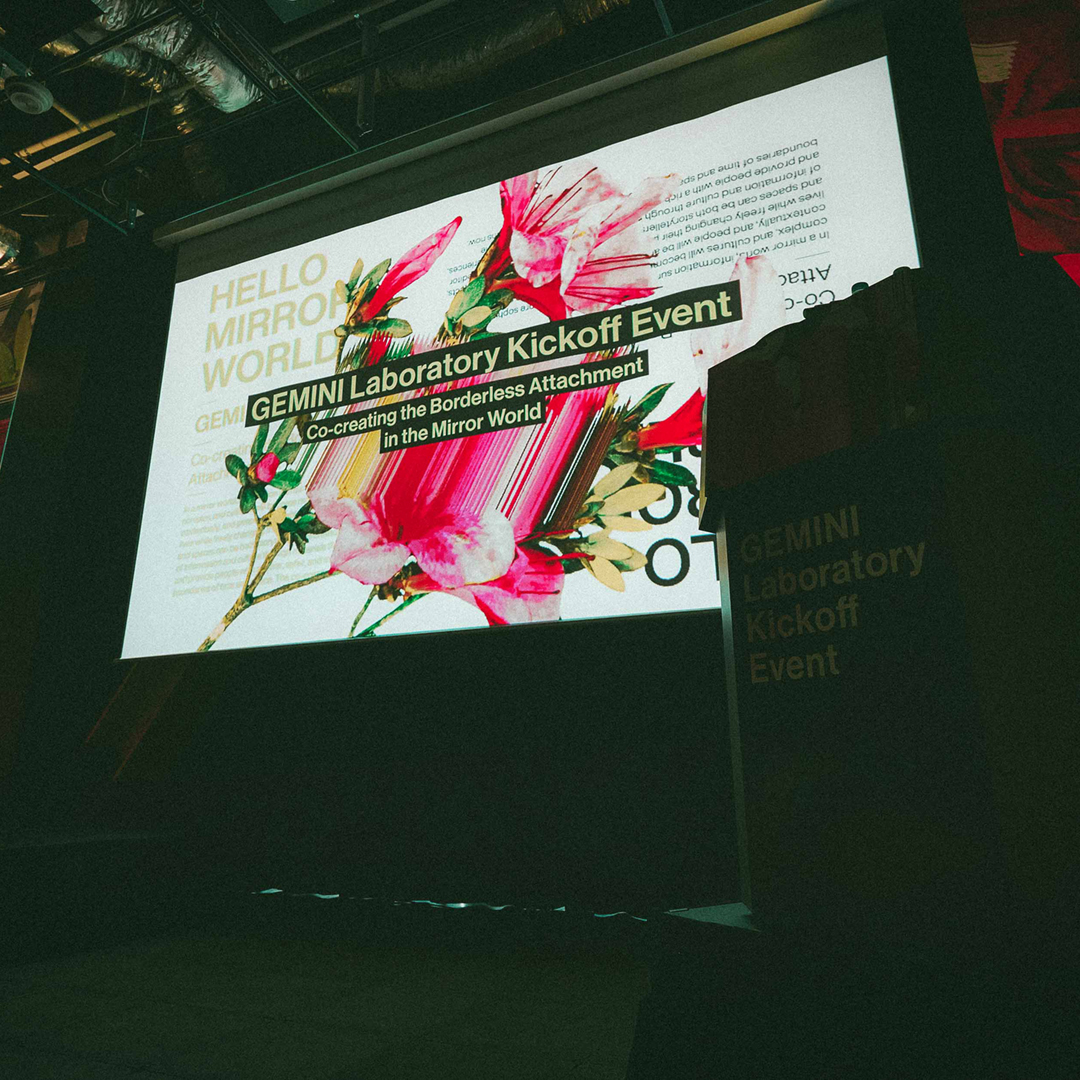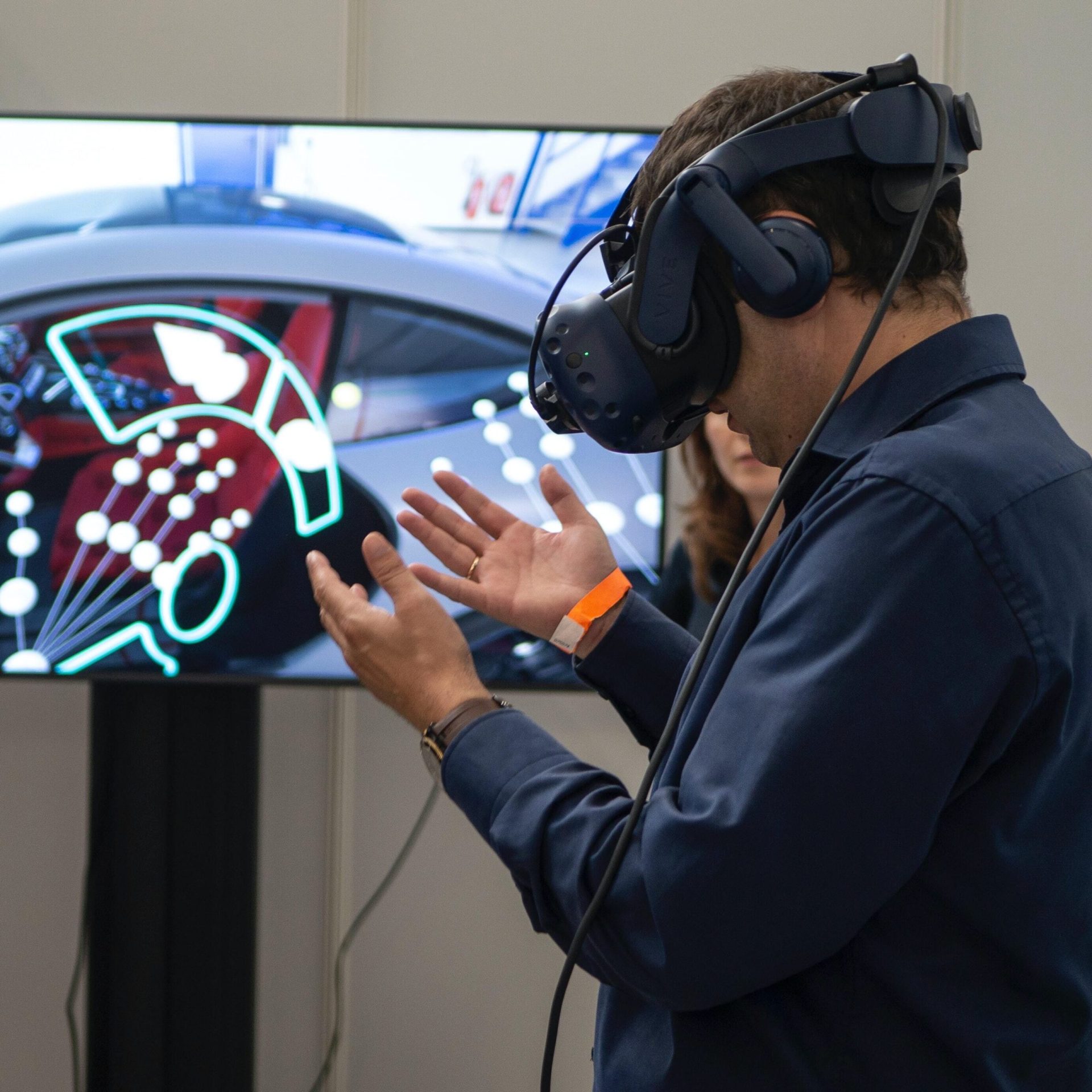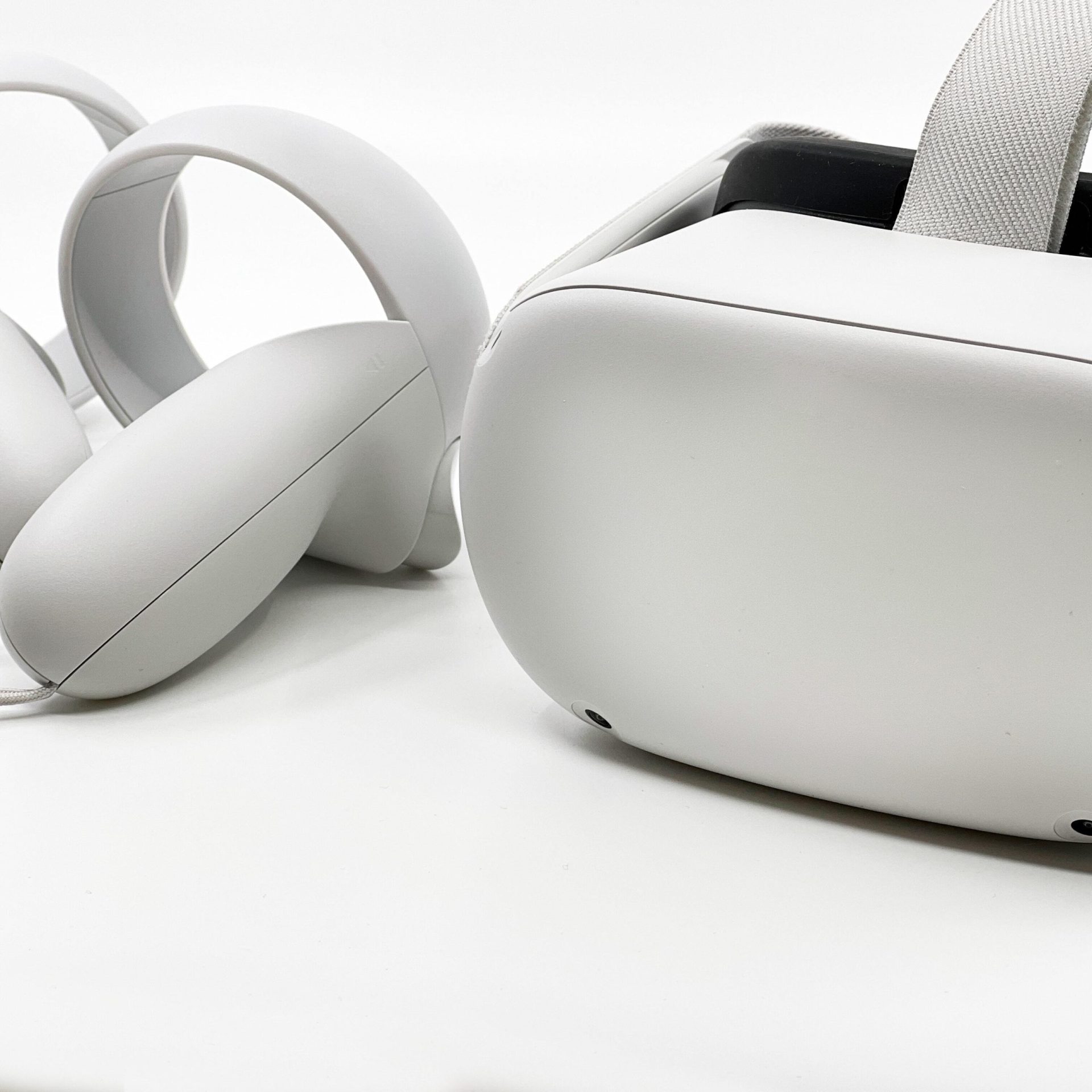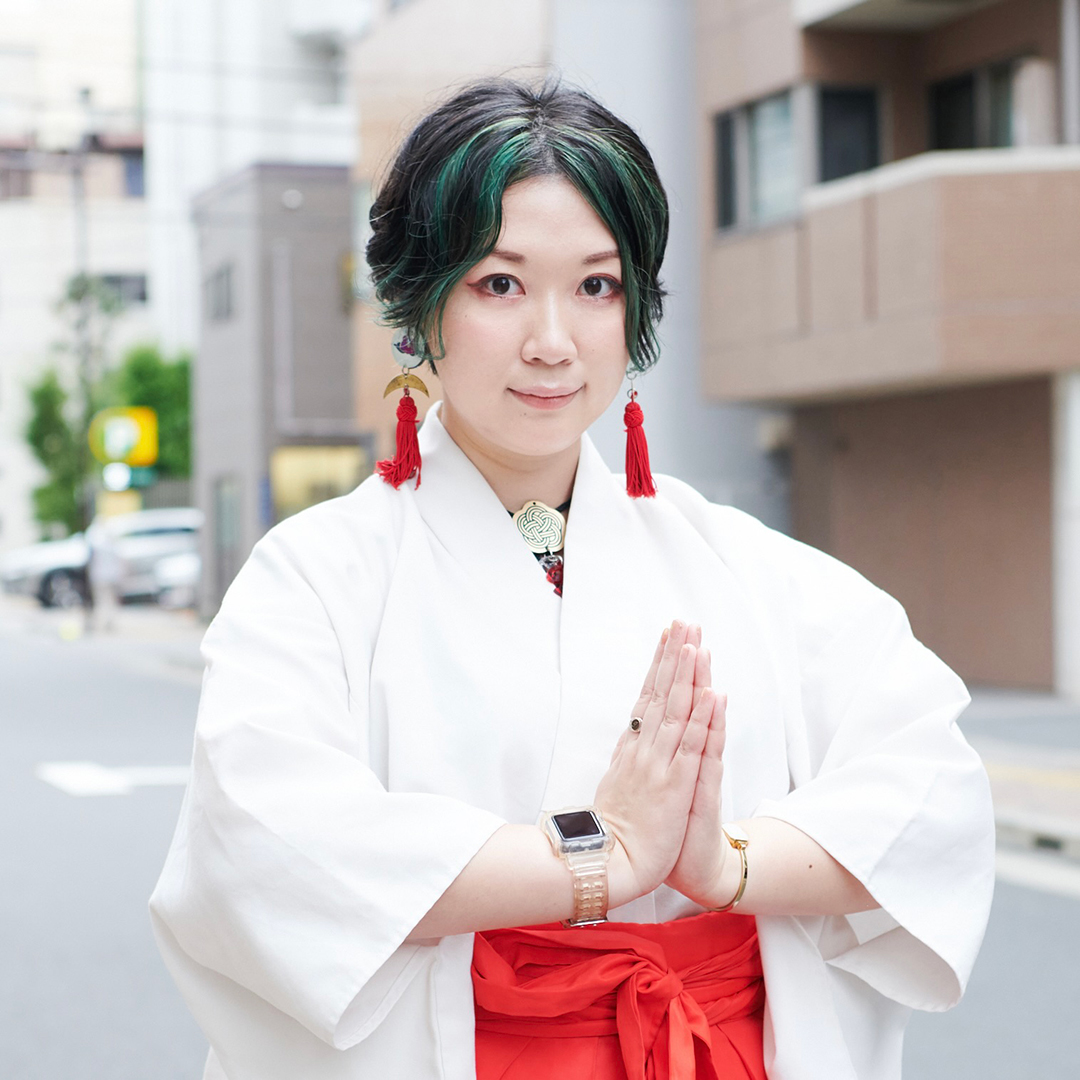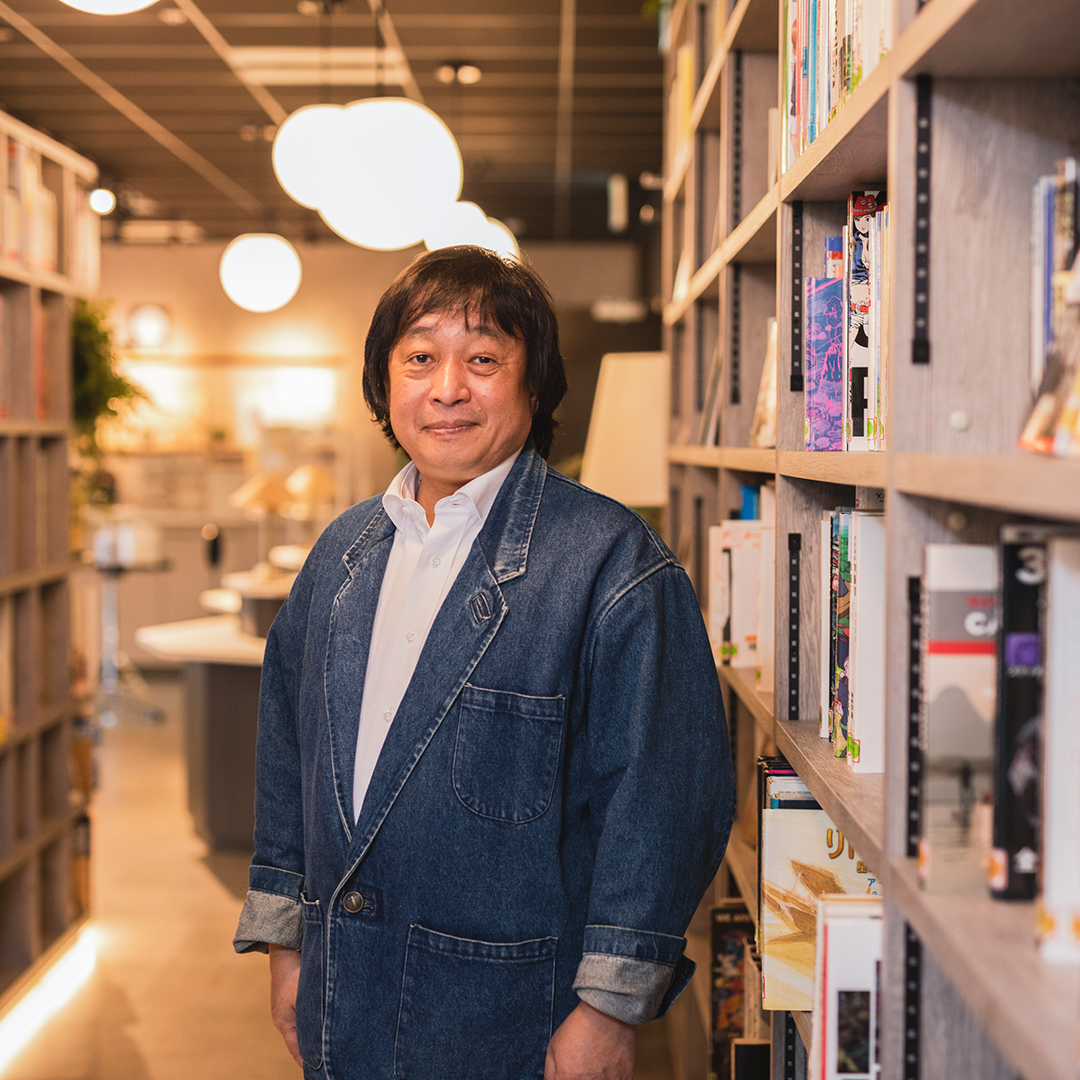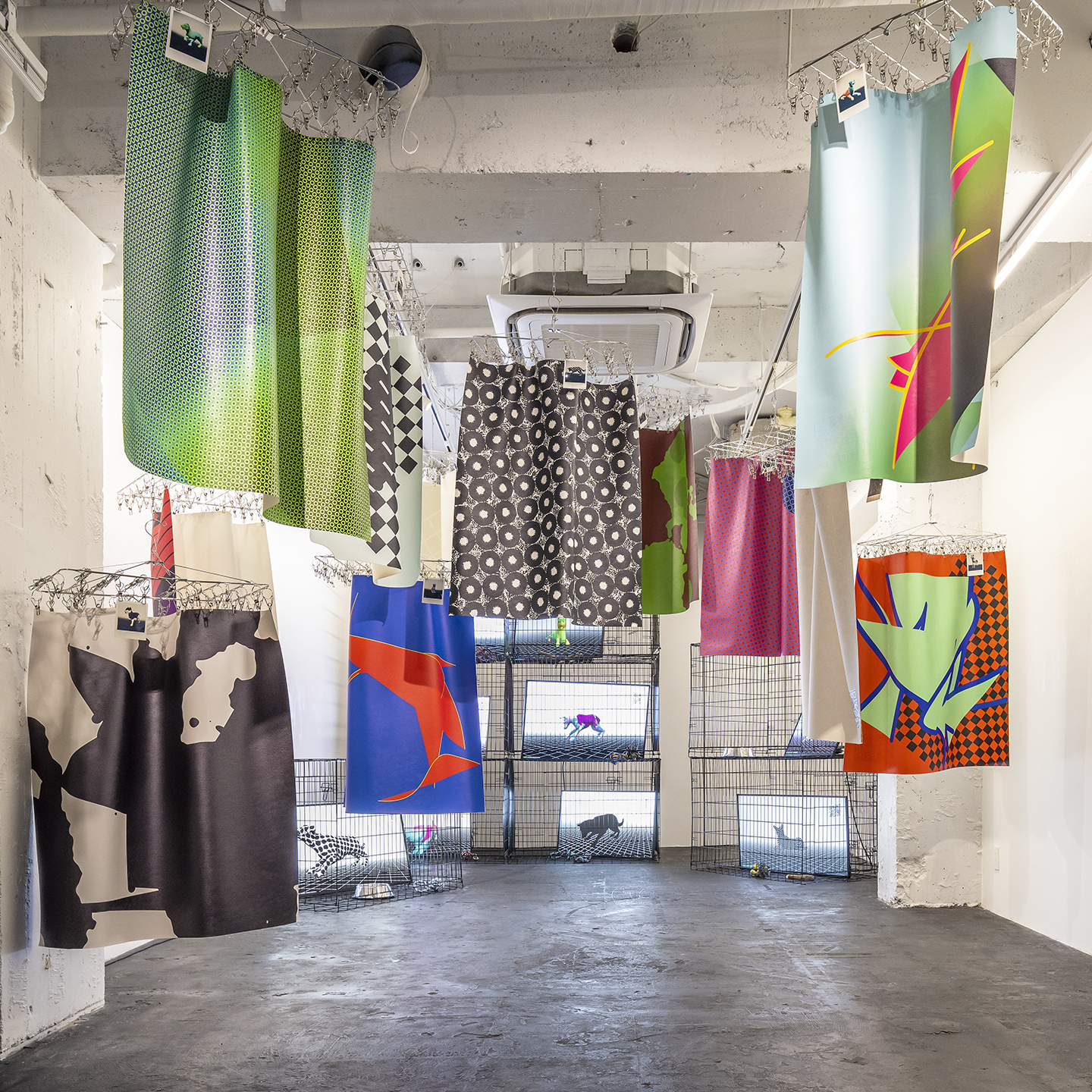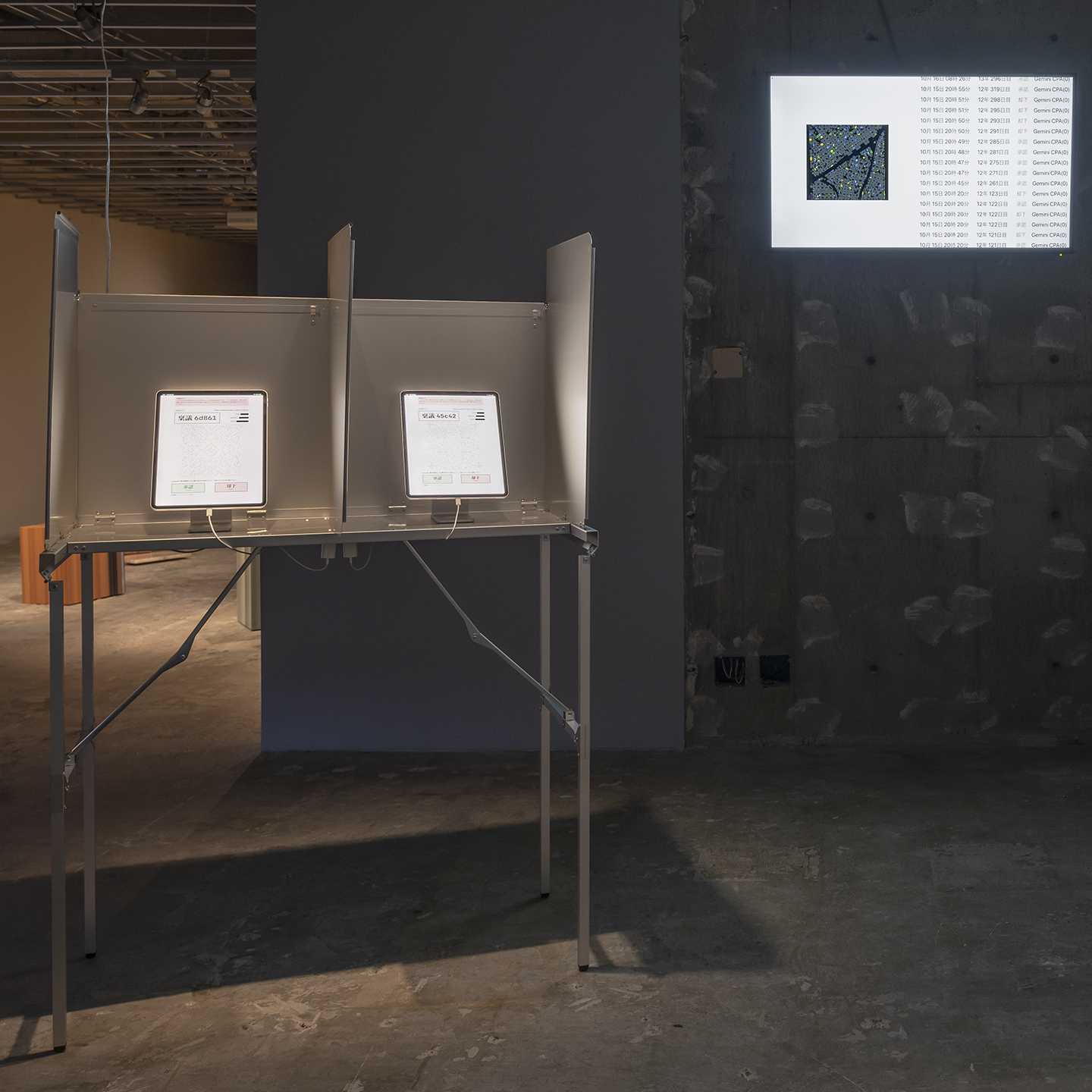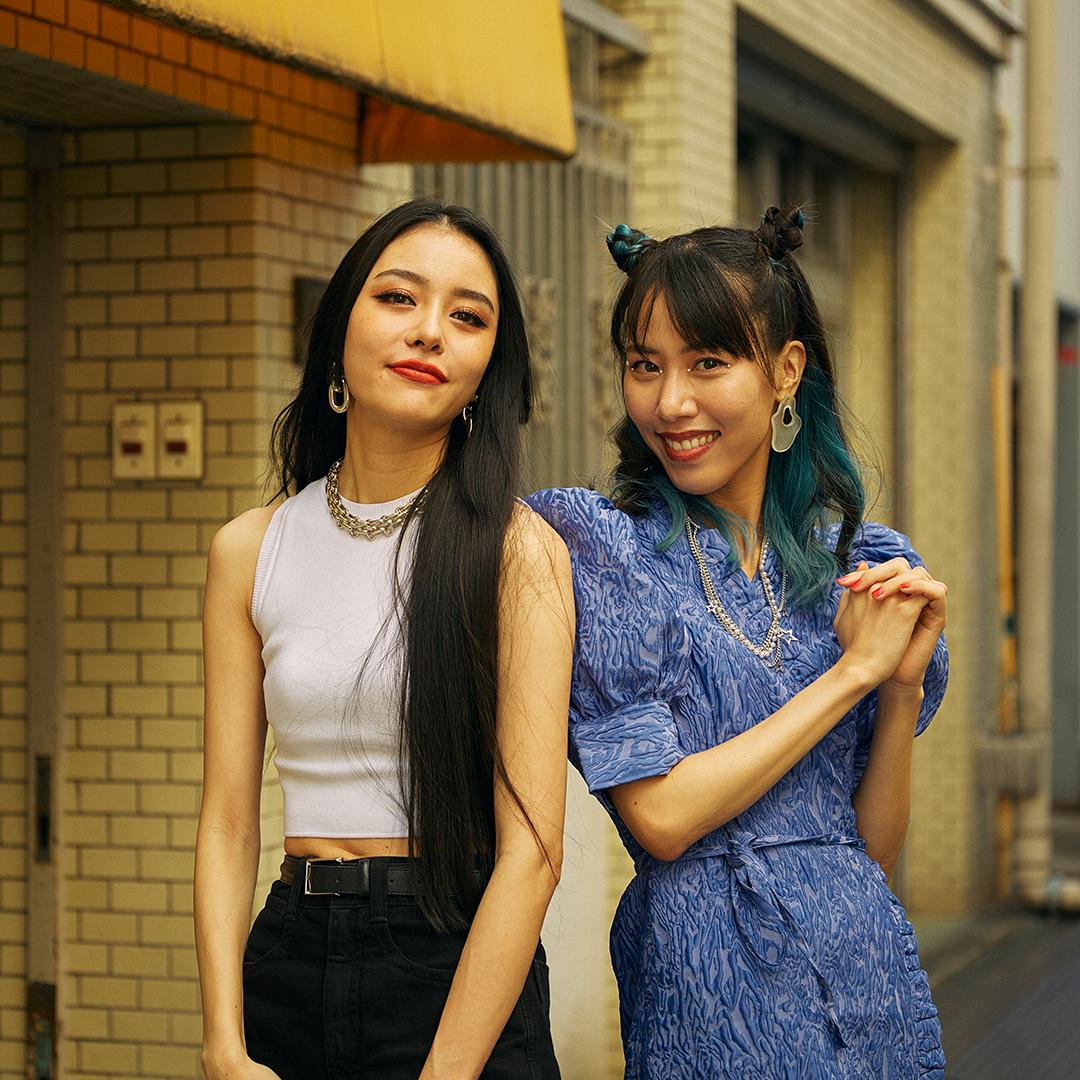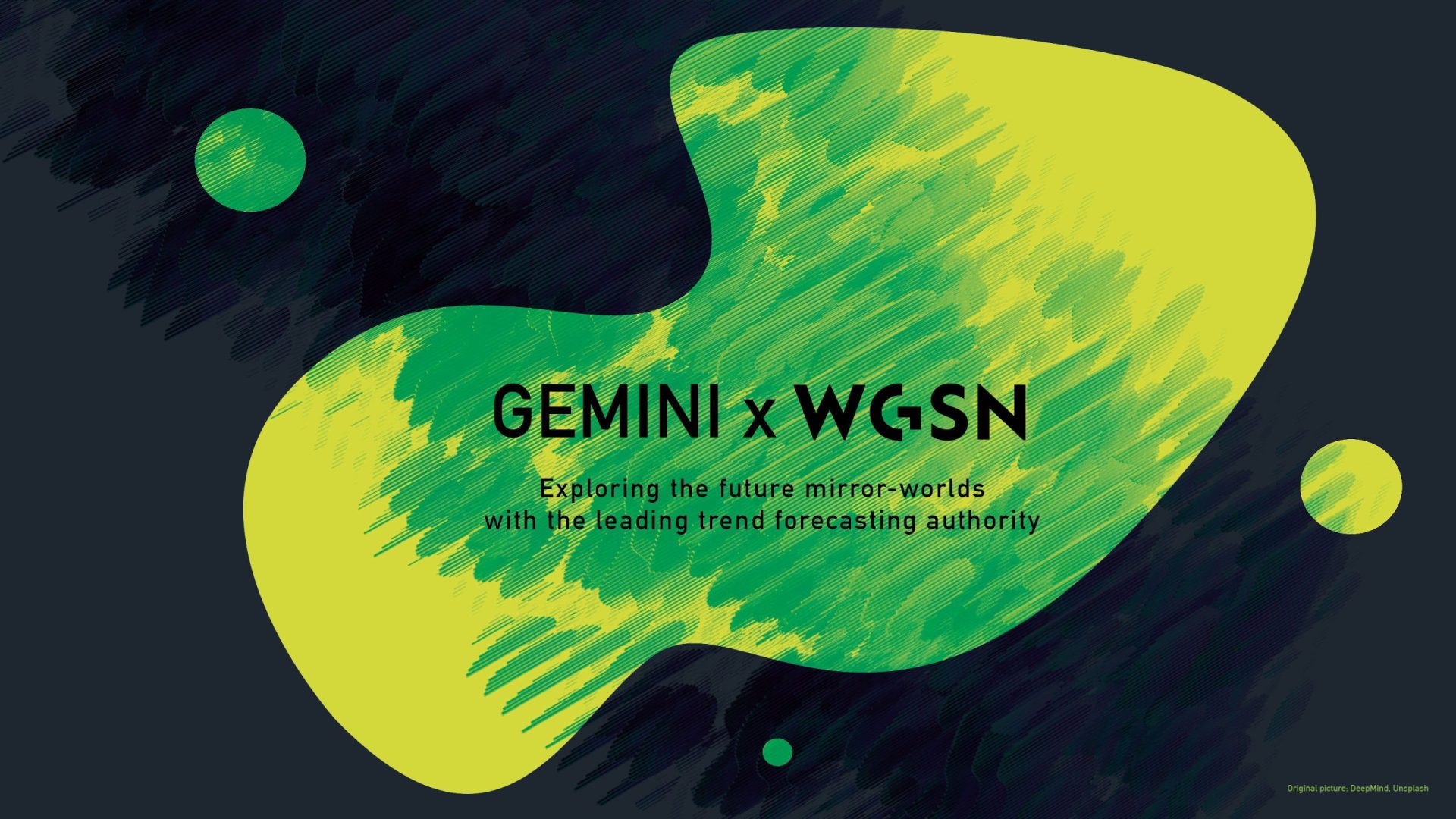With the rising number of players and the appearance of new technologies, gaming has been constantly growing and evolving. It’s gone beyond simple play as eyes are turning to content that contributes to fields such as education and medicine.
Since its foundation in 2004, U.S.-based NPO Games for Change (G4C) has been taking on the challenge of driving social change through games. G4C is led by its president, Susanna Pollack, who believes that games are a technology whose value isn’t limited to simply entertainment, but which has the potential to change society. We talked to her about the organization’s mission and activities and about her own ideas, exploring the potential of games and the future relationship between games and society.

Games Can Make the World a Better Place. G4C’s Activities Around the World
─First, please tell us a little about G4C’s activities.
Pollack: Our mission is to make the world a better place by closely studying and using games and immersive media like virtual and augmented reality. We are building a movement to pursue this mission through our local chapters and programs around the world.
Our actual activities are really diverse, but we are best known for holding a major event every year, the Games for Change Festival, in New York. We have many other programs, for example, the Games for Change Student Challenge, where we work with young people over the course of a year to develop games that help tackle social problems.
In 2017, we also launched XR for Change. Through this project, we’re exploring how to use the latest XR technologies, like AR and VR, to have the most positive impact on society.

─So I see that G4C is engaged in a broad range of activities. How did the organization come to be in the first place?
Pollack: I joined the organization in 2014, and I wasn’t involved when it was founded in 2004, but it was initially launched by a group of around 40 game designers, researchers, and educators who believed that the value of games went beyond just entertainment. They created the Games for Change Festival and started the community as a place to share ideas.
─When did you yourself first come to feel that games had more value to offer than just entertainment value?
Pollack: One of the things that makes games so different from other media is that they’re interactive. The bi-directionality of that communication makes it possible for game players to take a more active approach when engaging with topics and issues. Because of that, they can use games to learn about topics in depth and explore complex issues. Not only that, games can provide players with new perspectives and enable them to collaborate with others.
I think that, because of this potential, games are powerful technologies which can serve as prototypes of new ideas and which can bring about social change.
ADHD Treatment and Virtually experiencing the Horrors of Nuclear Weapons. Games and VR Works that Tackle Real Social Issues
─What examples could you share of new ideas for addressing social issues through games and for using games to positively affect society?
Pollack: There are lots of examples. For instance, scientists in California developed a video game called “EndeavorRx” (Akili Interactive Labs) for use in the treatment of ADHD. The FDA (U.S. Food and Drug Administration) has officially recognized its effectiveness, and we’re now seeing doctors prescribe the game to children to treat their ADHD.
EndeavourRx was developed by Akili Interactive Labs, a U.S.-based venture company, for use in digital treatment aimed at improving the attention functions primarily of children with ADHD aged 8 to 12.
Pollack: In addition to games, there are also some really interesting VR experiences. One is “On The Morning You Wake (To the End of The World),” which allows users to experience close-up the threat of nuclear weapons.
The idea behind this came from the incident in 2018, when an alert was sent to the phones of the residents of Hawaii declaring “BALLISTIC MISSILE THREAT INBOUND TO HAWAII.” Although the alert was an error, the people who received it panicked, scared of the real threat of an actual nuclear explosion. This VR experience shows what would happen when people face the actual imminent threat of a nuclear attack. It provides an opportunity for people to think again about nuclear weapons and nuclear disarmament.
Trailer of the virtual reality documentary “On The Morning You Wake (To The End Of The World)”
─Does G4C become directly involved in the creation of games with positive social impacts, like these games?
Pollack: Yes. For example, we developed Active Citizen in collaboration with Minecraft and the Nobel Peace Center in Oslo, Norway.
It was released as a new world in Minecraft: Education Edition, which is intended for use in schools. It allows the children playing it to engage as active citizens and contribute to the achievement of peace. Nobel Peace Prize Laureates such as the Dalai Lama and Malala Yousafzai appear in the Minecraft world, and players can have fun learning specific examples of how peace can be achieved.
Active Citizen is a new learning experience for Minecraft: Education Edition created in partnership with the Nobel Peace Center and Games for Change
─How do you measure the effects and potential these different games have for affecting players and society?
Pollack: It depends on the objectives of the specific game. For example, for a game used to treat ADHD, you would need to use the same processes that are used to demonstrate the effectiveness of pharmaceutical treatment, performing multiple clinical trials. For a game that teaches children math, you would need to perform comparative verification, like administering math tests to children who played the game and children who didn’t.
However, for games with bigger themes, like fostering peace, the effects wouldn’t be immediately evident. It would be far-fetched to claim that peace could be achieved through the use of a single game. That’s why I feel that you can’t look at individual games on their own, but you have to implement other activities as well, steadily building up the whole and looking at the end results.
How Can the Negative Image of Games be Eliminated?
─While games have the potential for positive outcomes, as you’ve discussed, some people also have a negative view of them, saying, for instance, that excessive gaming isn’t good for children from an educational standpoint.
Pollack: You’re right, some people do have that view of gaming. However, looking back over the last century, almost every time a new medium has appeared, it’s been blamed for society’s problems. For example, looking at music, when rock began becoming popular in the 1960s, people were saying rock was a cause of delinquency among young people. When TV came out, there were people who said it had a negative impact on the brain.
In the same way, we’re now in an age where games are becoming widespread, so there’s a tendency to think of them as having a negative impact on society. However, there’s almost no scientific evidence to back that assertion. For example, research has shown that there is no correlation between violent scenes in games and actual violent behavior in the real world.
The Raising Good Gamers initiative, of which Games for Change is a part, has partnered with the U.S.-based Cartoon Network in the “Stop Bullying: Speak Up” campaign, which aims to stop bullying in online gaming spaces
─How is G4C reaching out to eliminate this stigma that games have?
Pollack: In all of our activities, we’re trying to share a message that provides young people with a greater understanding of the value of games themselves and of being a gamer. To do that, I think we need to change how we talk about games to reflect the times.
In particular, people are developing friendships through games, and games are increasingly serving as a social platform. I think this value that games provide is gradually becoming more widely recognized, but we also need to take action to foster a greater understanding of this value throughout society.
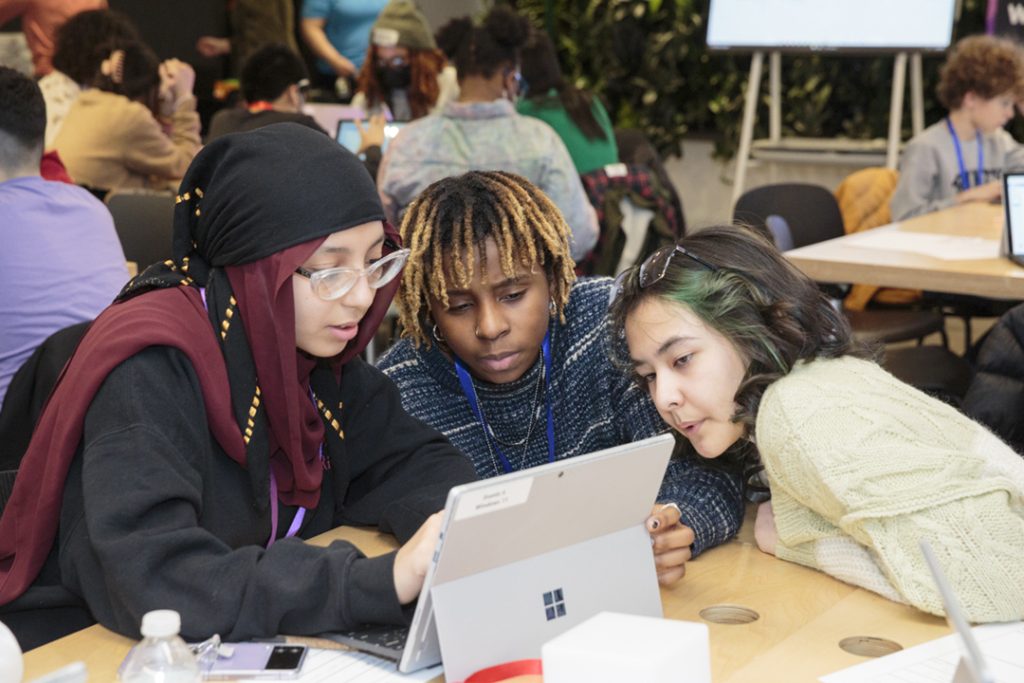
How the Pandemic Has Changed Attitudes Towards Games
─Was there something that prompted this increase in the recognition of the value that games have to offer?
Pollack: I think one of the big factors was the global COVID-19 pandemic. When people became isolated, a lot of them maintained their connections with other people and stayed social through gaming.
I think the pandemic will continue to have an impact on peoples’ attitudes towards games. It promoted greater understanding of the value of games around the world, and I think it’s brought about changes in areas such as governmental education policies.
─Have these changes had an impact on G4C as well?
Pollack: They’ve had a tremendous impact. One major change is that in addition to various smaller organizations and associations, we’re also seeing large organizations like the UN, the World Economic Forum, and the U.S. government becoming interested in using games for impact. We’re seeing an increase in the number of joint activities between them and G4C in which games are being used to approach the varied topics and issues of interest to those organizations.
“APOLLO’S EDITION,” a simulation game created by the United Nations Environment Programme (UNEP) Ozone Secretariat to teach the importance of environmental conservation
Pollack: There have also been changes in the G4C community. In addition to an influx of participants from different communities, like the educational community and NPOs, our members are also becoming increasingly international. Because of the pandemic, we held the Games for Change Festival as a virtual event instead of a physical event, and people from 127 countries attended it. I really feel that the positive potential of games is starting to draw attention from around the world. This is part of the reason that we’ve created branches worldwide.
When Game Creators Become More Diverse, the Stories Games Tell Become More Diverse
─The people and organizations that are interested in games and that are joining the community are growing more diverse. What kinds of changes have you seen in G4C’s mentality and activities as a result of that?
Pollack: Interest in games is becoming more global, so I’ve been feeling more keenly than ever the importance of not just the game-playing approach, but the game creation approach, as well. The more people that are creating games, the more diverse the issues that games can address the more diverse the stories that games can tell.
That’s why we’re now focusing our efforts on developing a curriculum for training game designers. Based on our vision of making society a better place through games, each year we’re selecting a theme, such as climate change, bringing about peace, and designing diverse online spaces, and participants are creating games over the course of a year.
This program is aimed at young people who haven’t had access to education in the area of game design due to factors such as poverty. The program began in America, but recently we’ve expanded it to the Middle East as well. We hope to expand it to even more countries in the future.
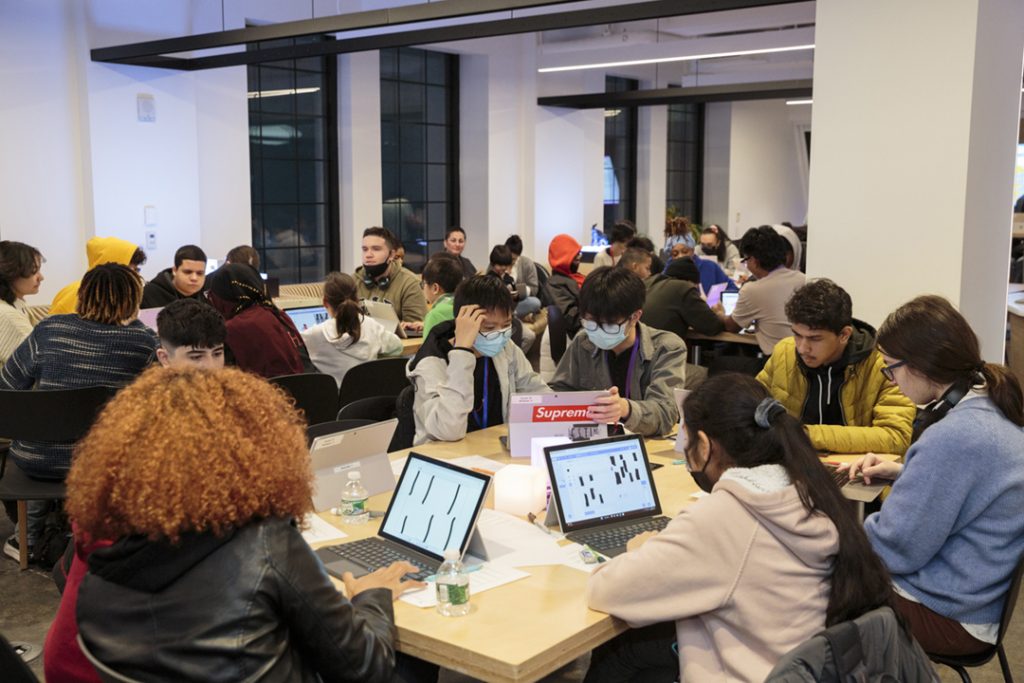
─As the number of game creators rises, we might see new perspectives appearing as well, right?
Pollack: Exactly. In the end, games are platforms for telling stories. Games can be used in all kinds of different ways, depending on the stories that are told and their contexts.
People all have their own experiences and stories to share. If we make it possible for more people to tell their stories through games, games will become more diverse. They’ll create all kinds of new opportunities and provide new value. What kinds of games will we see being made? What kinds of opportunities will be created? There’s just no limit to the potential games have.
Susanna Pollack
-
As President of Games for Change (G4C), Susanna leads the organization best known for the annual Games for Change Festival, dubbed by national media as “the Sundance of video games.” The G4C Student Challenge, the flagship learning program that she developed with the NYC Department of Education in 2013, has grown to reach 10,000 students each year across seven partner cities. Susanna has initiated dozens of other G4C programs in partnership with clients like American Express, Verizon, AARP, United Nations, Epic Games, Carnegie Foundation, Autodesk, and Ad Council. Prior to Games for Change, Susanna worked across the commercial and public sectors, including a 14-year stint in various SVP positions at BBC Worldwide.
Co-created by
-
Shin Ishizuka
writer
Shin Ishizuka
writer
Editor and writer. Born in 1992, he worked as a reporter for the weekly fashion newspaper WWD JAPAN from 2016 to 2021, focusing on the magazine/media industry and the digital domain (EC, fashion tech, etc.) He left the company in 2021. Currently working as a freelance editor and writer while engaging in marketing work at a manufacturer company.
Tag
Share
Discussion
Index
Index
Archives
Recommend
Recommend
Recommend
Recommend
Recommend
-

{ Prototype }
GEMINI Laboratory GLOBAL DESIGN AWARDS WINNERS ANNOUNCEMENT
GEMINI Laboratory GLOBAL DESIGN AWARDS WINNERS ANNOUNCEMENT
GEMINI Laboratory GLOBAL DESIGN AWARDS WINNERS ANNOUNCEMENT
-

{ Community }
Architect Ken Shigematsu and Art Planning Producer Ou Sugiyama Talk About Creative Urban Landscapes (Part 2)
Architect Ken Shigematsu and Art Planning Producer Ou Sugiyama Talk About Creative Urban Landscapes (Part 2)
Architect Ken Shigematsu and Art Planning Producer Ou Sugiyama Talk About Creative Urban Landscapes (Part 2)
-

{ Community }
Taking on social problems through games, “Games for Change” believes that games can offer more than just fun
Taking on social problems through games, “Games for Change” believes that games can offer more than just fun
Taking on social problems through games, “Games for Change” believes that games can offer more than just fun
-

{ Community }
Unlocking New Worlds: How Gaming is Leading Southeast Asia’s Journey into Web3
Unlocking New Worlds: How Gaming is Leading Southeast Asia’s Journey into Web3
Unlocking New Worlds: How Gaming is Leading Southeast Asia’s Journey into Web3
-

{ Community }
Revolutionising Fashion in the Mirror World with The Fabricant
Revolutionising Fashion in the Mirror World with The Fabricant
Revolutionising Fashion in the Mirror World with The Fabricant
Hot topics
Hot topics
Hot topics
Hot topics
Hot topics
-

{ Prototype }
GEMINI Laboratory GLOBAL DESIGN AWARDS WINNERS ANNOUNCEMENT
GEMINI Laboratory GLOBAL DESIGN AWARDS WINNERS ANNOUNCEMENT
GEMINI Laboratory GLOBAL DESIGN AWARDS WINNERS ANNOUNCEMENT
-

{ Community }
Scenting the metaverse with olfactory futurist, Olivia Jezler
Scenting the metaverse with olfactory futurist, Olivia Jezler
Scenting the metaverse with olfactory futurist, Olivia Jezler
-

{ Community }
Architect Mark Foster Gage: Kitbashing opens up design possibilities
Architect Mark Foster Gage: Kitbashing opens up design possibilities
Architect Mark Foster Gage: Kitbashing opens up design possibilities
-

{ Community }
Fashion Historian Pamela Golban: Beyond the Fusion of Virtual and Physical
Fashion Historian Pamela Golban: Beyond the Fusion of Virtual and Physical
Fashion Historian Pamela Golban: Beyond the Fusion of Virtual and Physical
-

{ Community }
Ars Electronica’s Hideaki Ogawa on the Happy Relationship between Media Art and the City
Ars Electronica’s Hideaki Ogawa on the Happy Relationship between Media Art and the City
Ars Electronica’s Hideaki Ogawa on the Happy Relationship between Media Art and the City
-

{ Community }
Unlocking New Worlds: How Gaming is Leading Southeast Asia’s Journey into Web3
Unlocking New Worlds: How Gaming is Leading Southeast Asia’s Journey into Web3
Unlocking New Worlds: How Gaming is Leading Southeast Asia’s Journey into Web3
-

{ Community }
Tomihiro Kono, who also designs wigs for Björk, explores multiple areas of creativity, including 2D, 3D, and AR
Tomihiro Kono, who also designs wigs for Björk, explores multiple areas of creativity, including 2D, 3D, and AR
Tomihiro Kono, who also designs wigs for Björk, explores multiple areas of creativity, including 2D, 3D, and AR
Special
Special
Special
Special
Special
Featured articles spun from unique perspectives.
What Is
“mirror world”...
What Is
“mirror world”...
What Is
“mirror world”...
What Is
“mirror world”...
What Is
“mirror world”...
“mirror world”... What Is
“mirror world”... What Is
“mirror world”... What Is
“mirror world”... What Is
“mirror world”...
Go Down
Go Down
Go Down
Go Down
Go Down
The Rabbit
The Rabbit
The Rabbit
The Rabbit
The Rabbit
Hole!
Hole!
Hole!
Hole!
Hole!
Welcome To Wonderland! Would You Like To Participate In PROJECT GEMINI?

